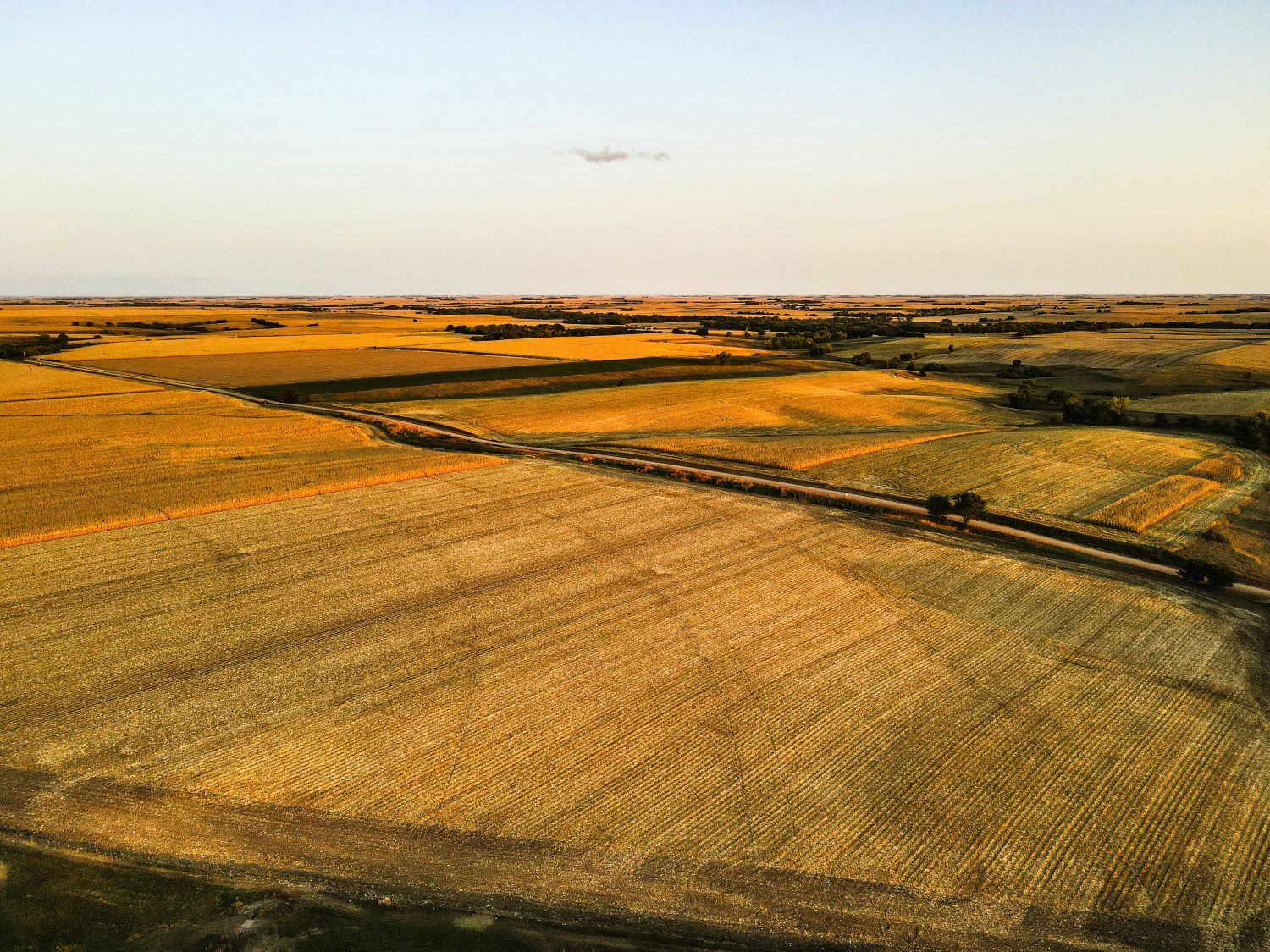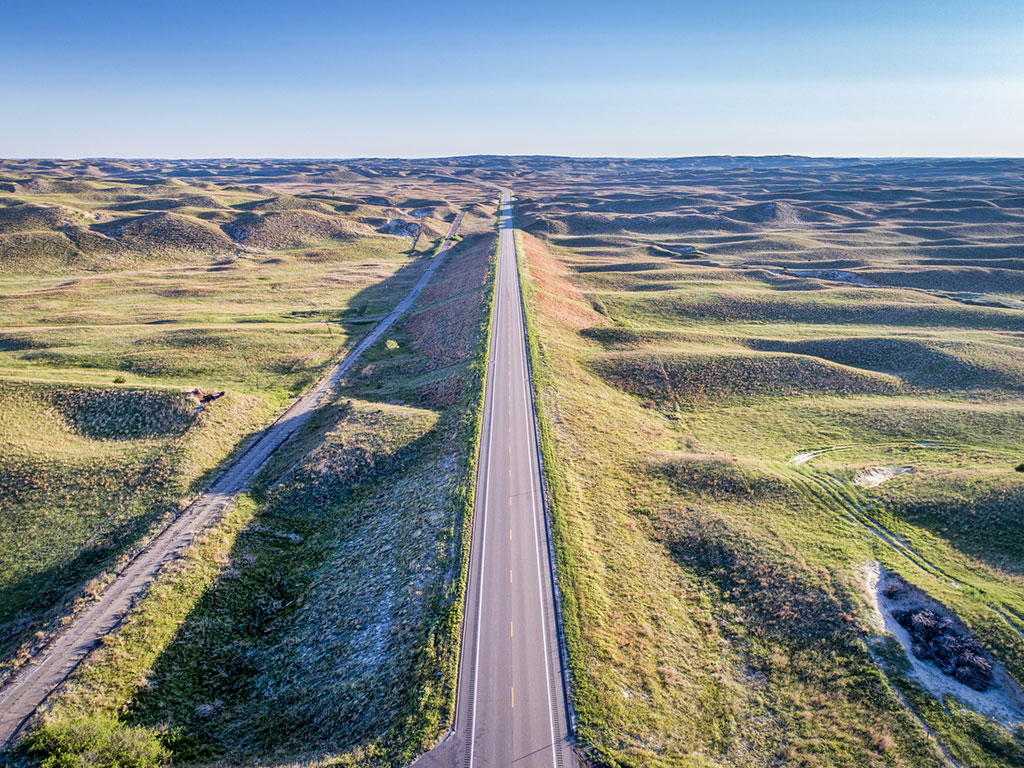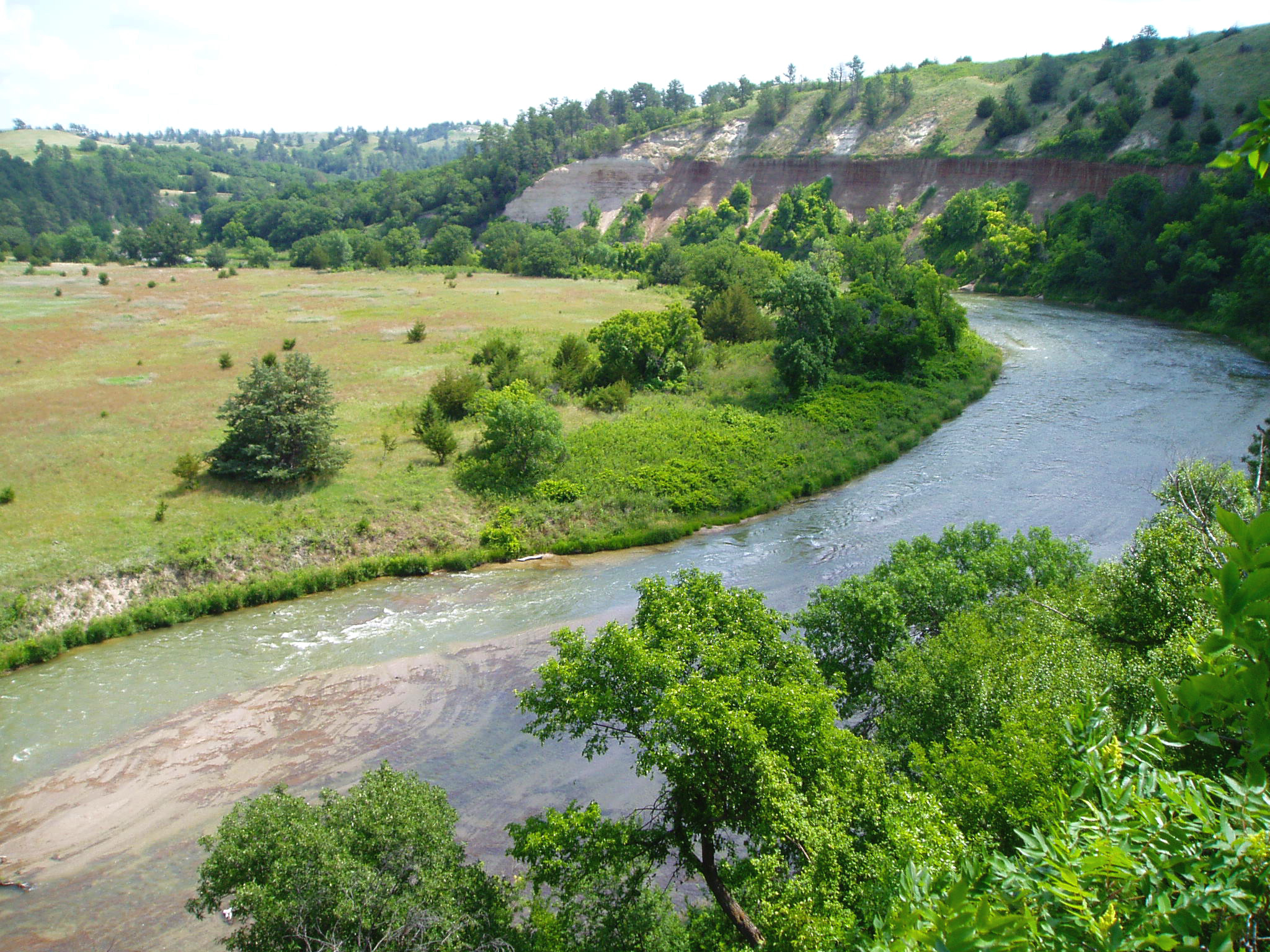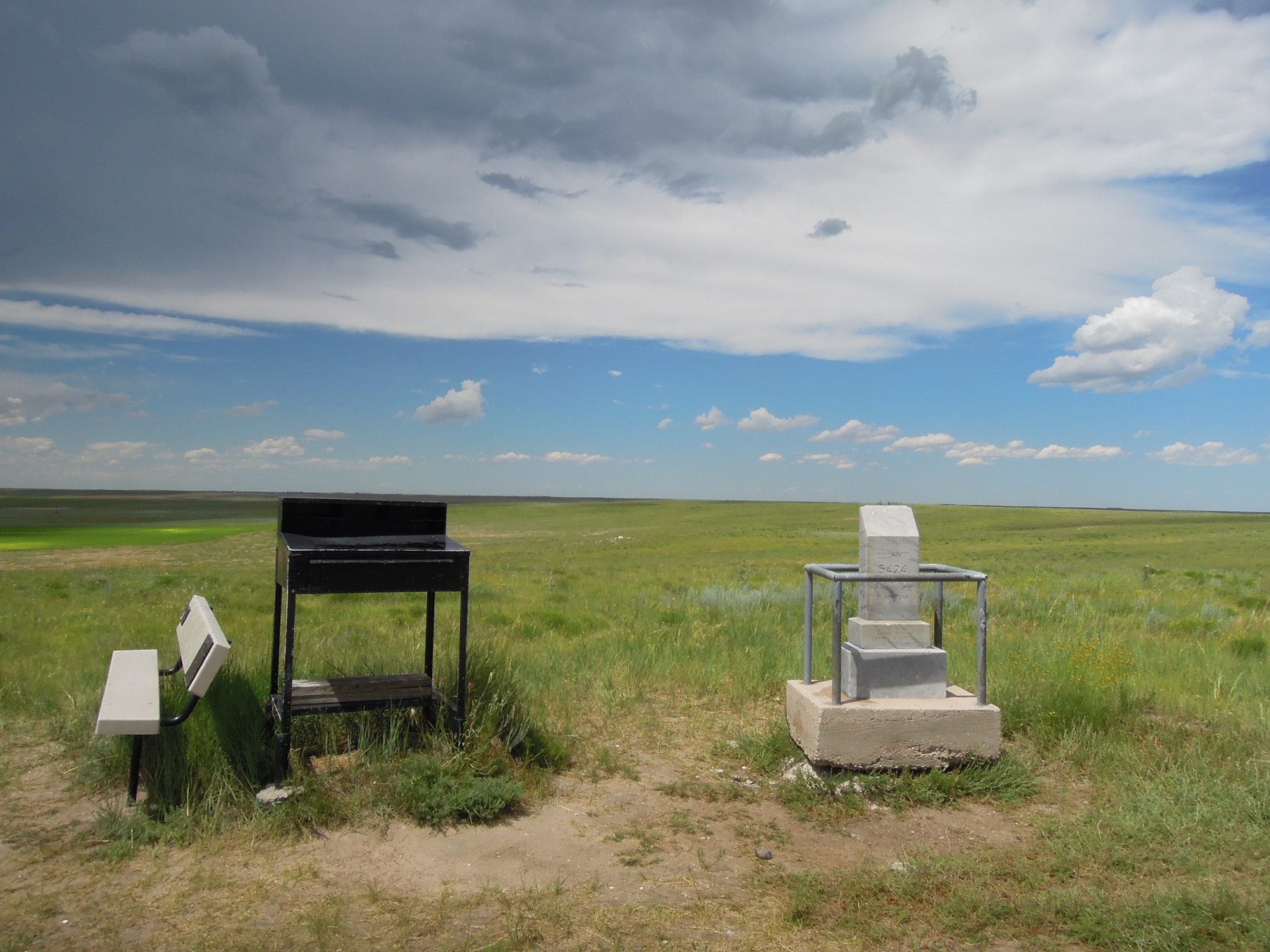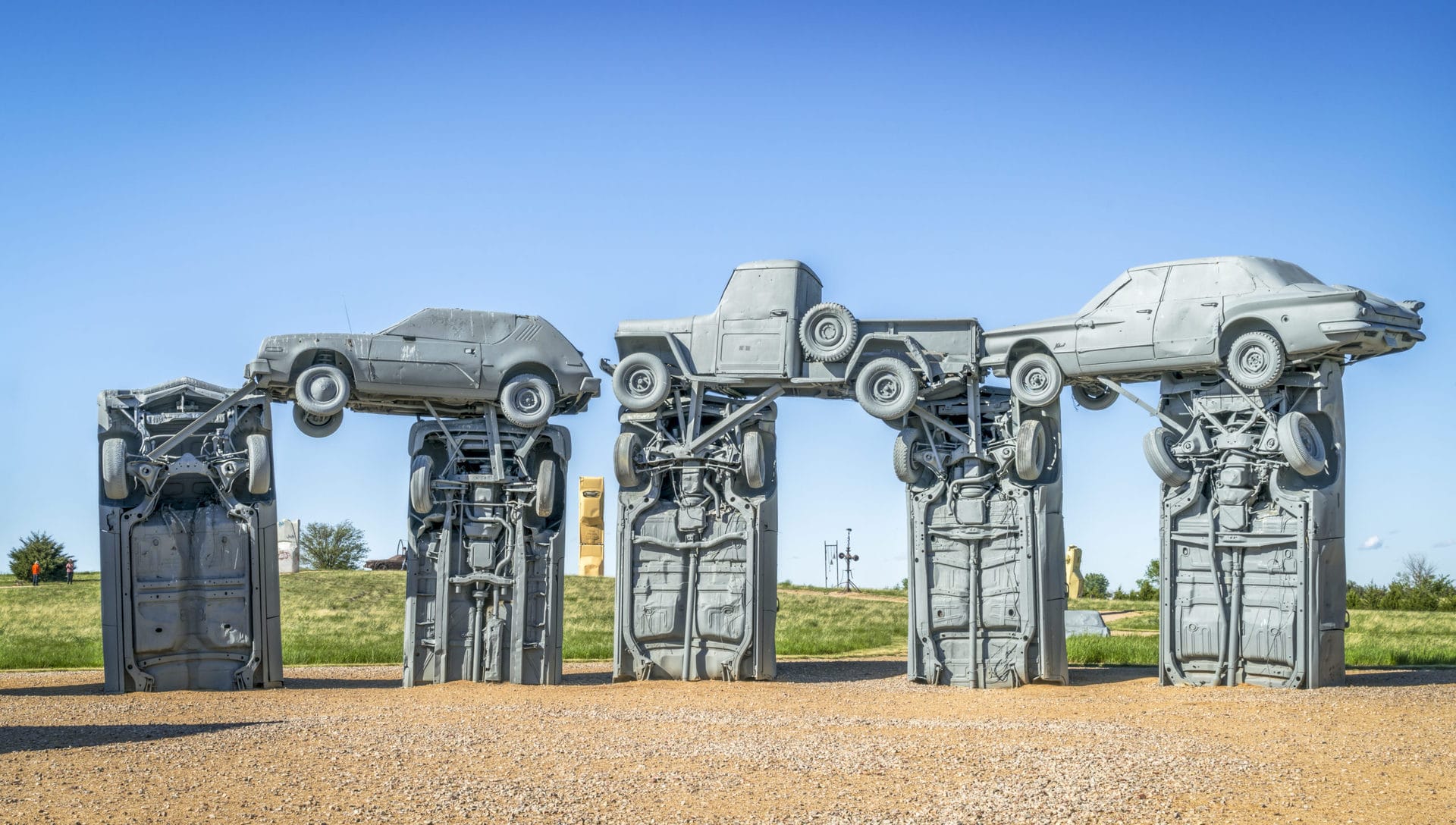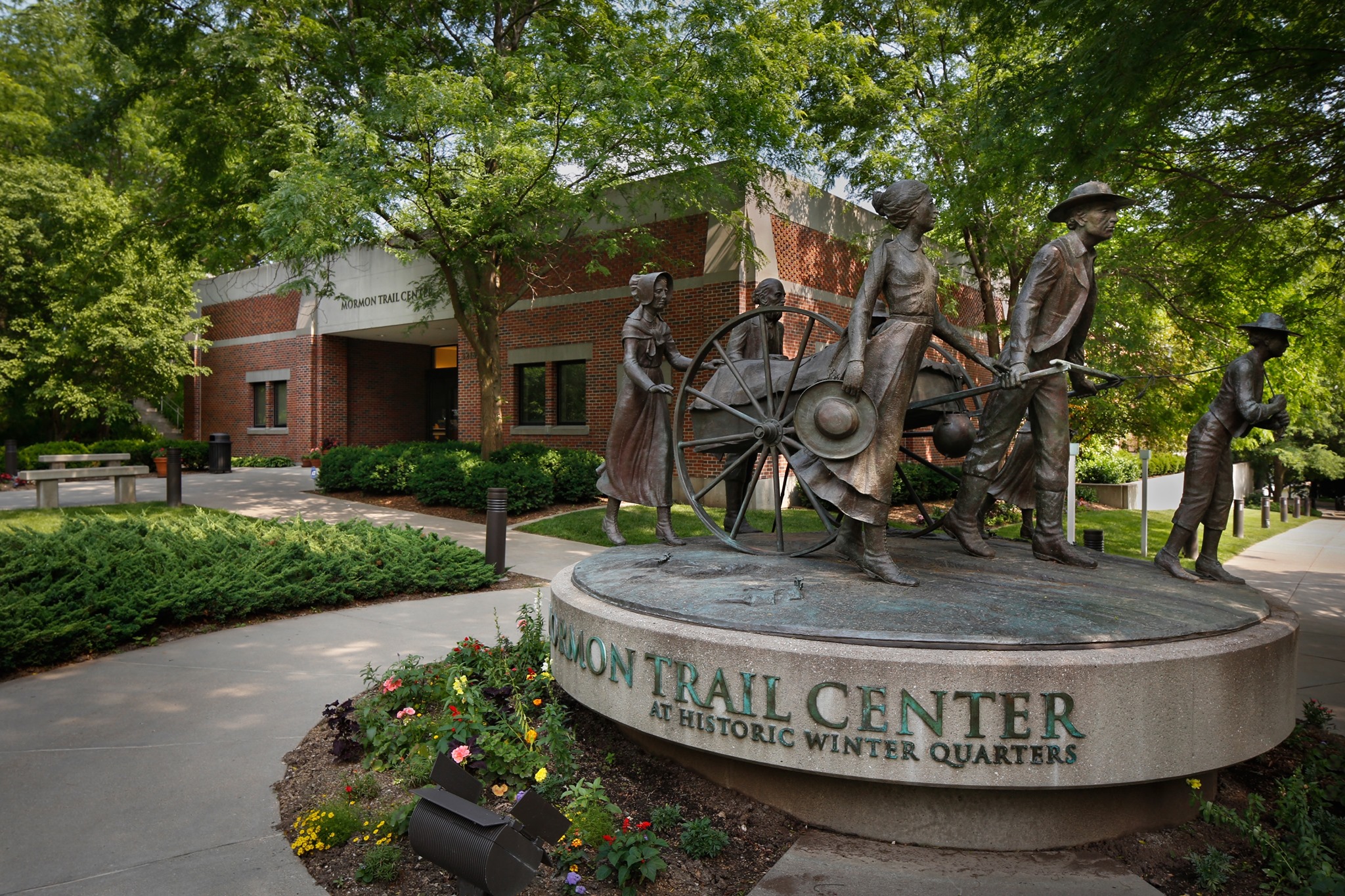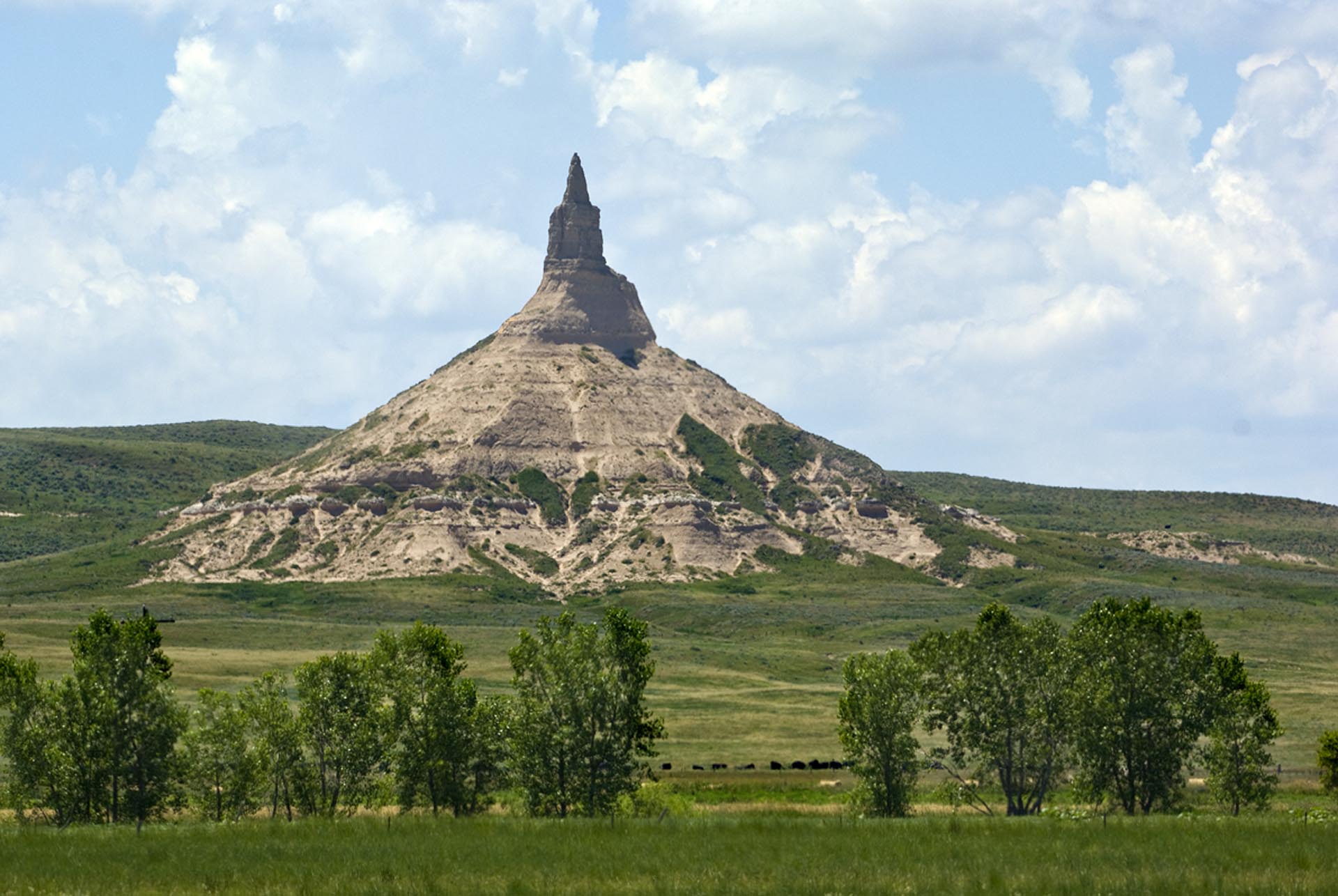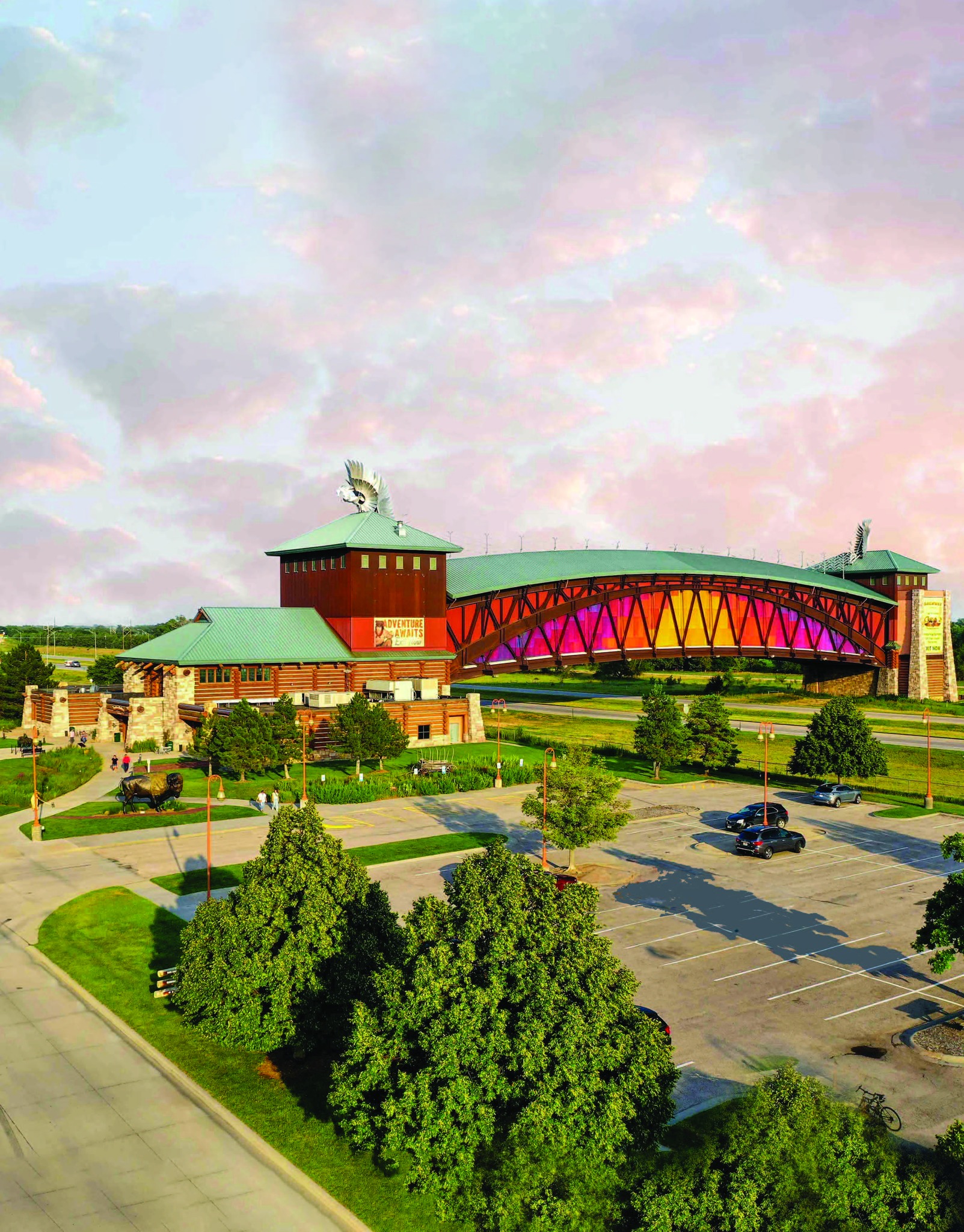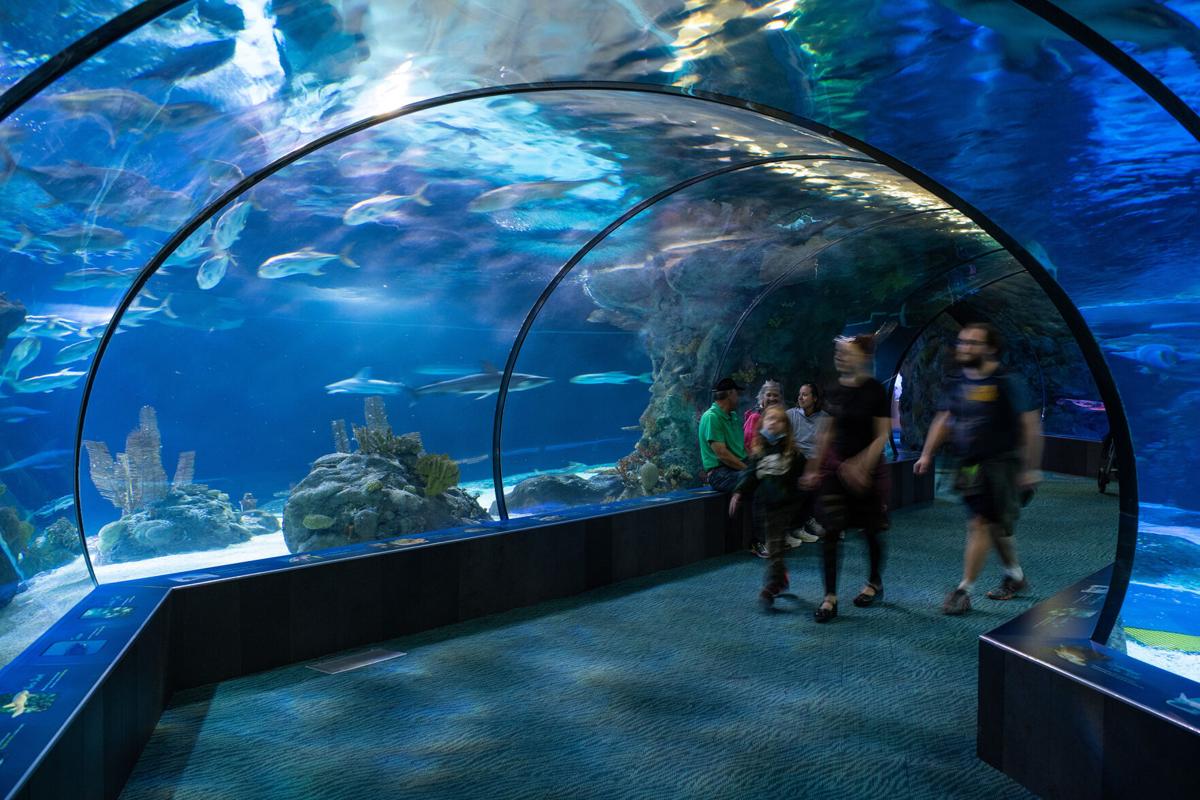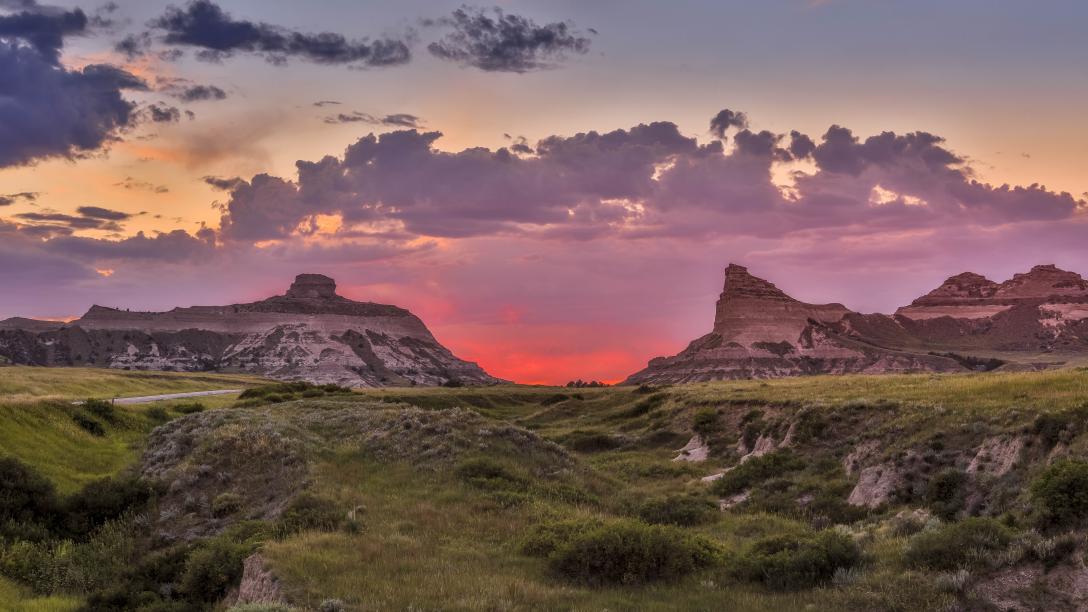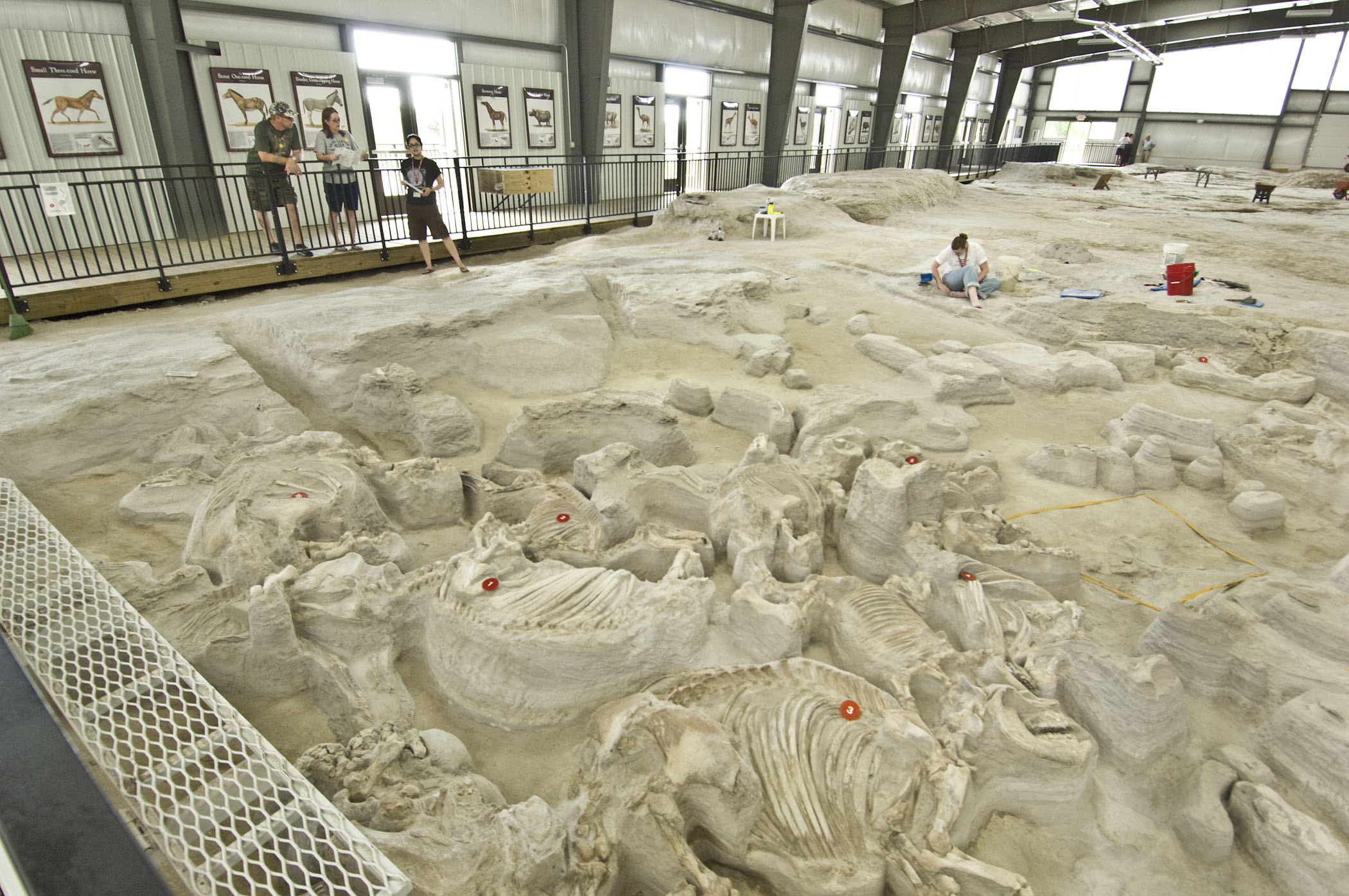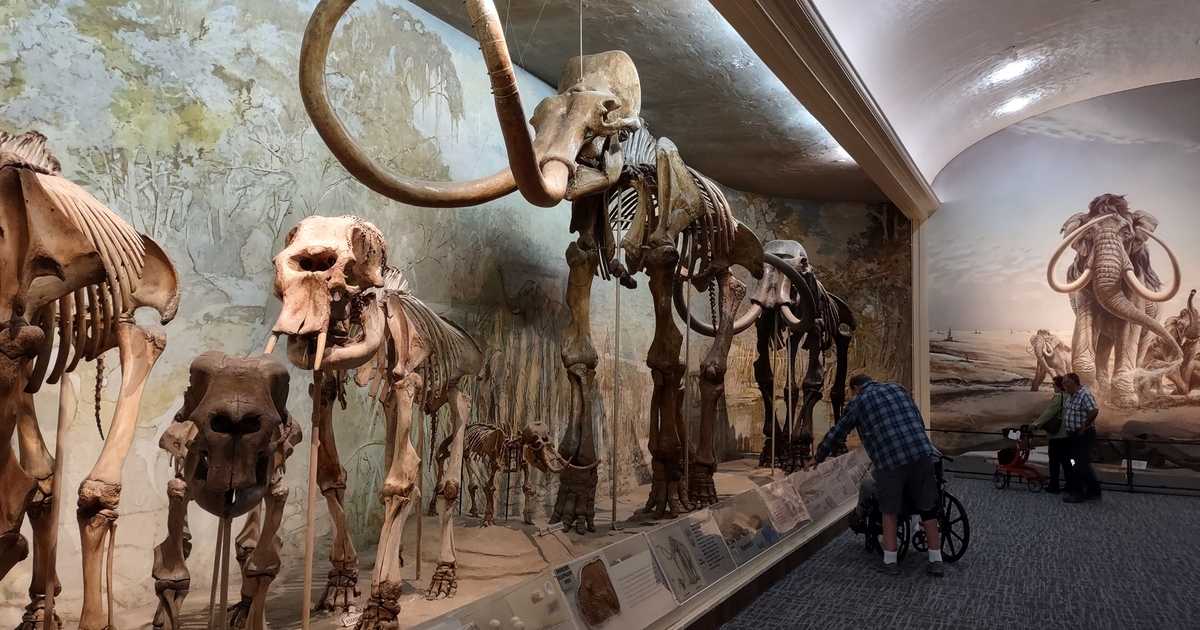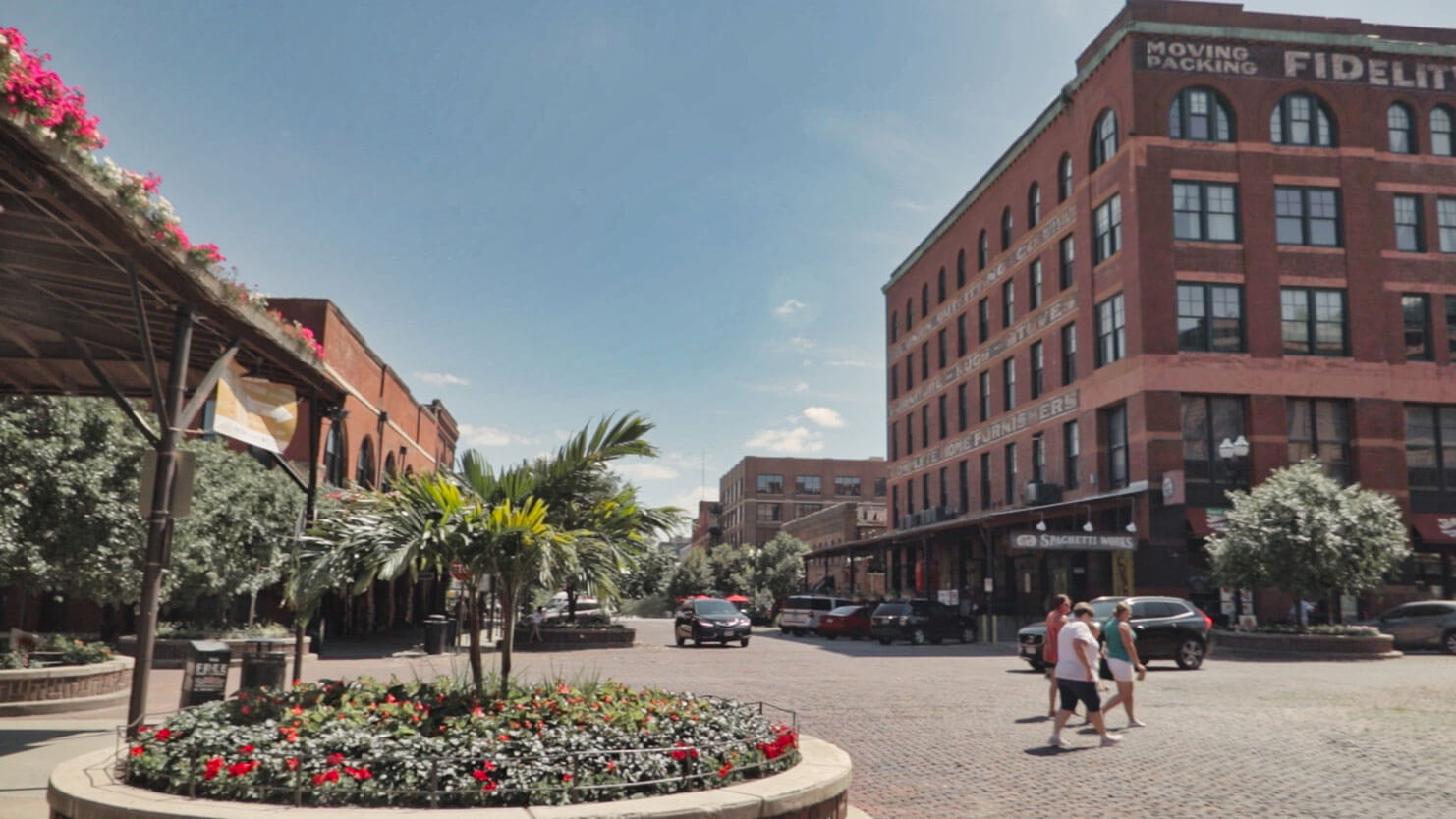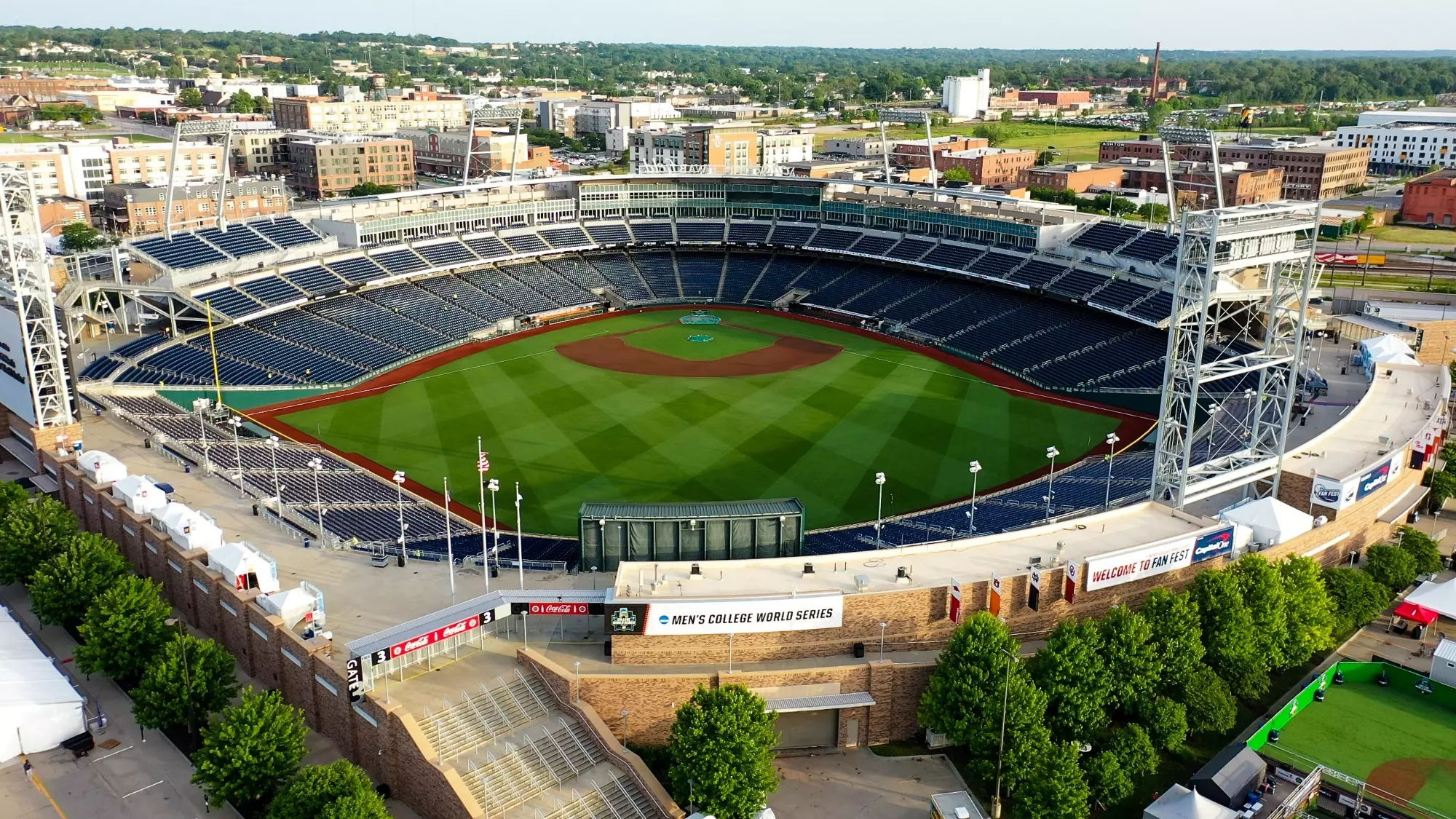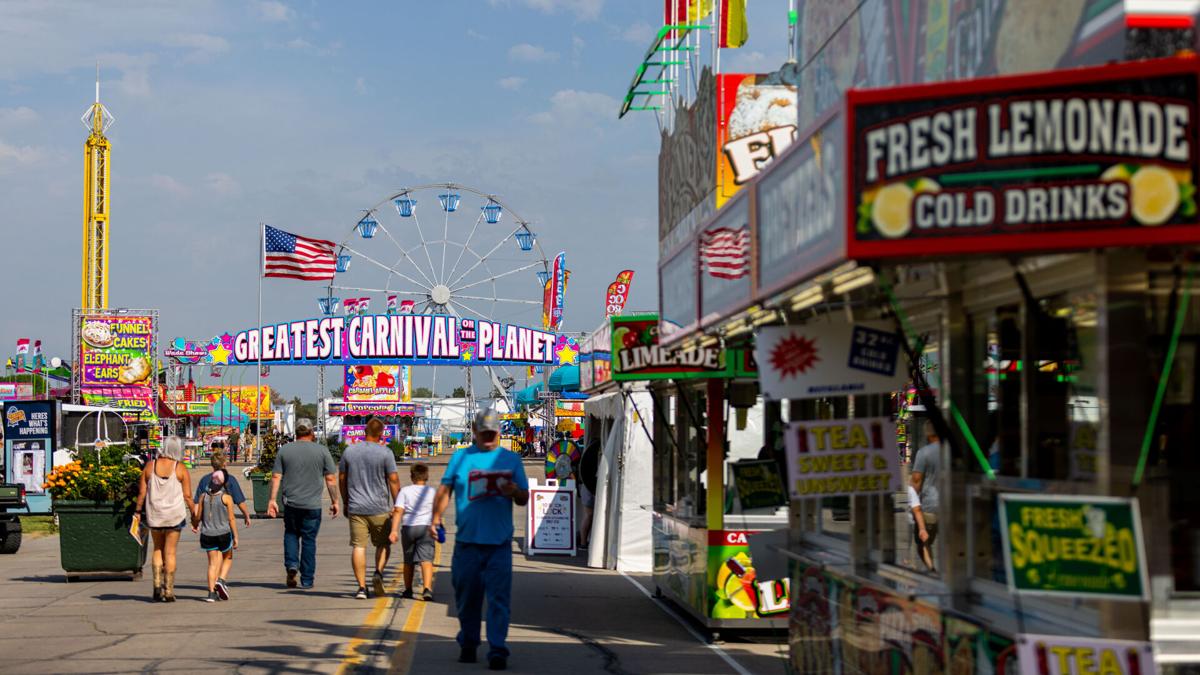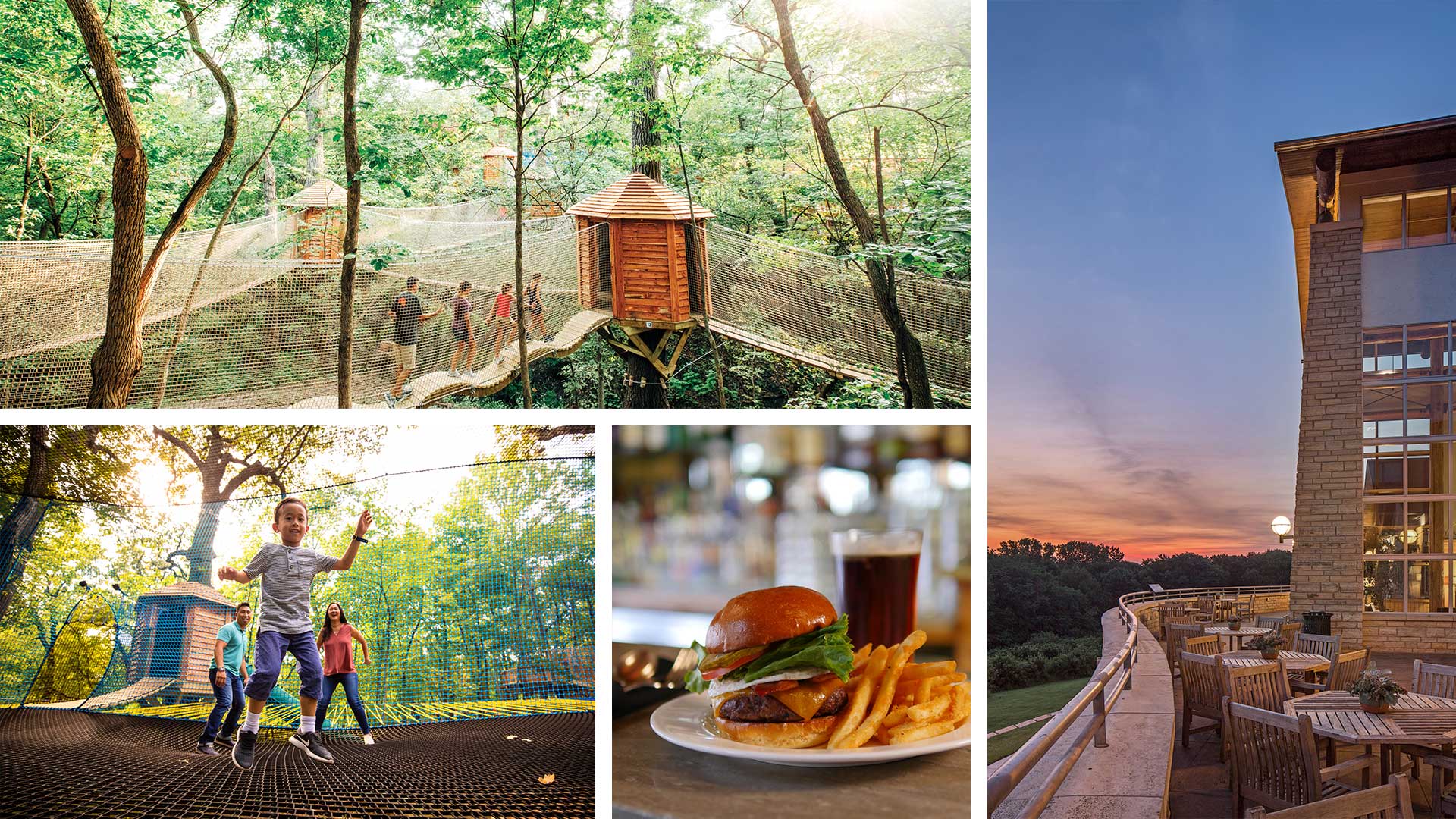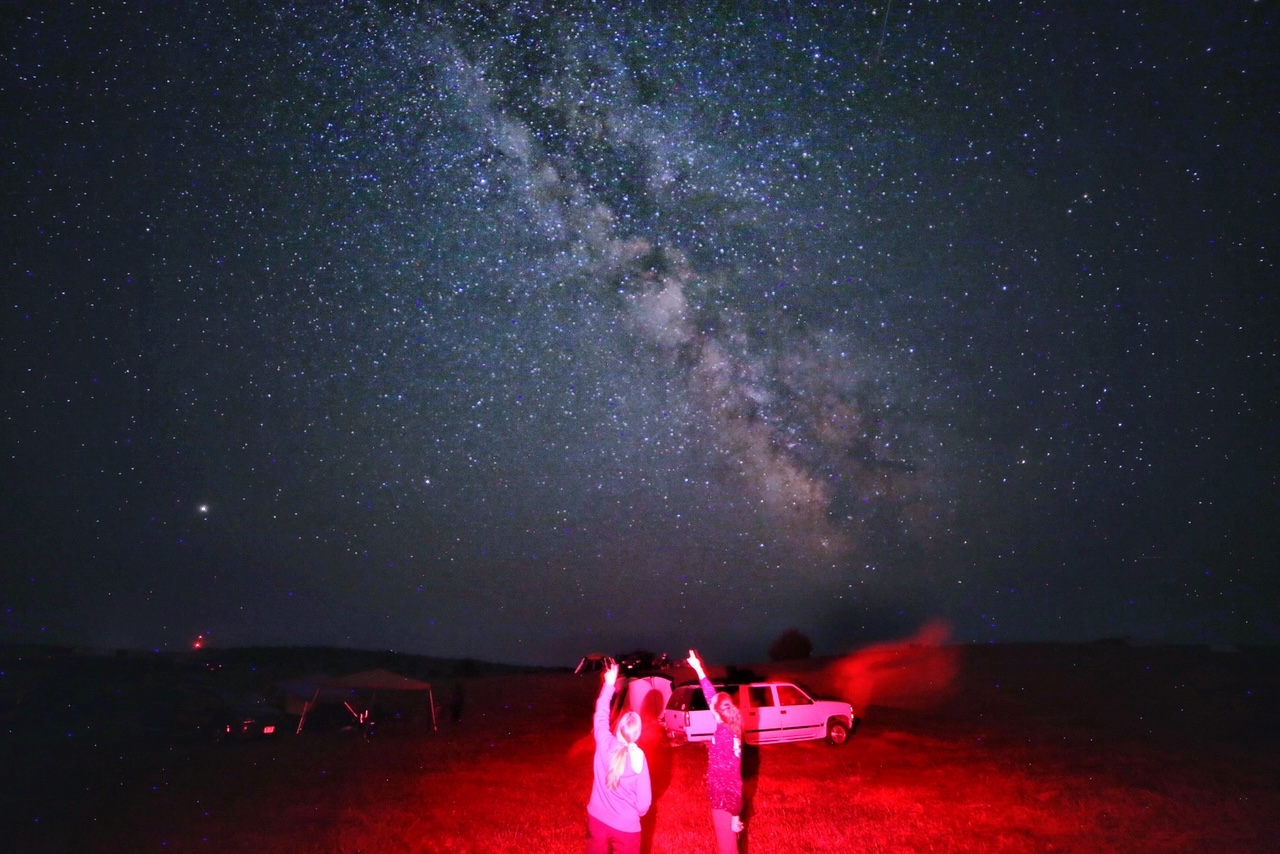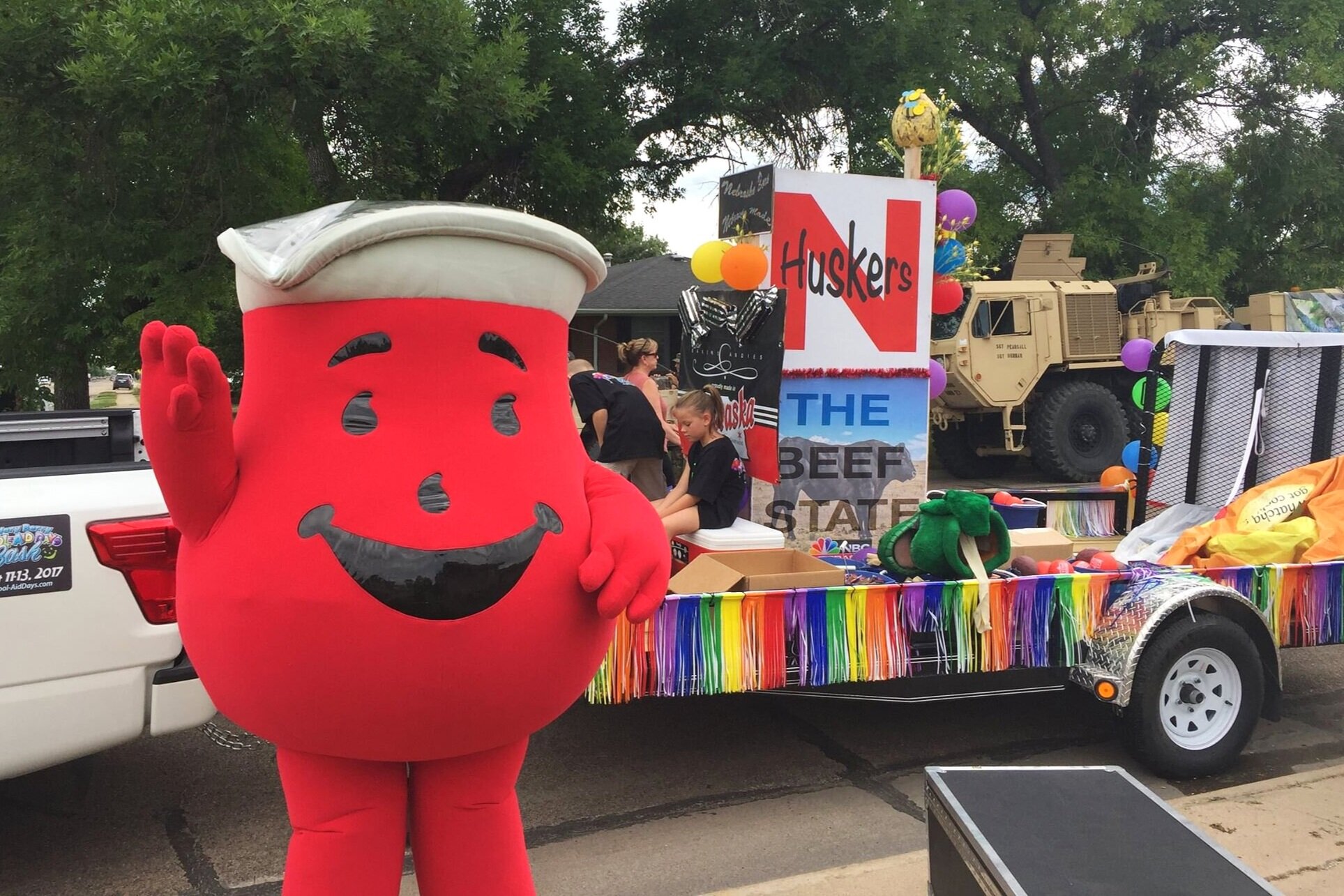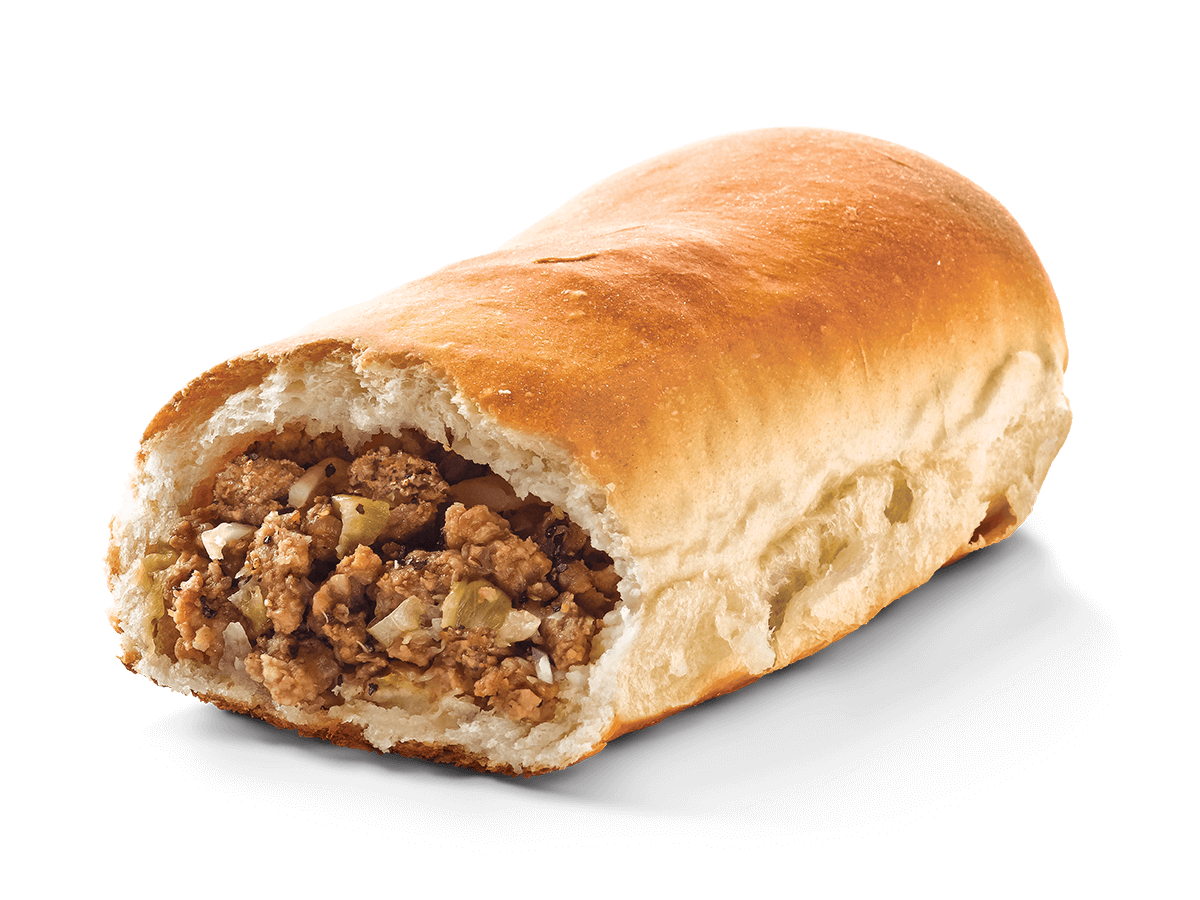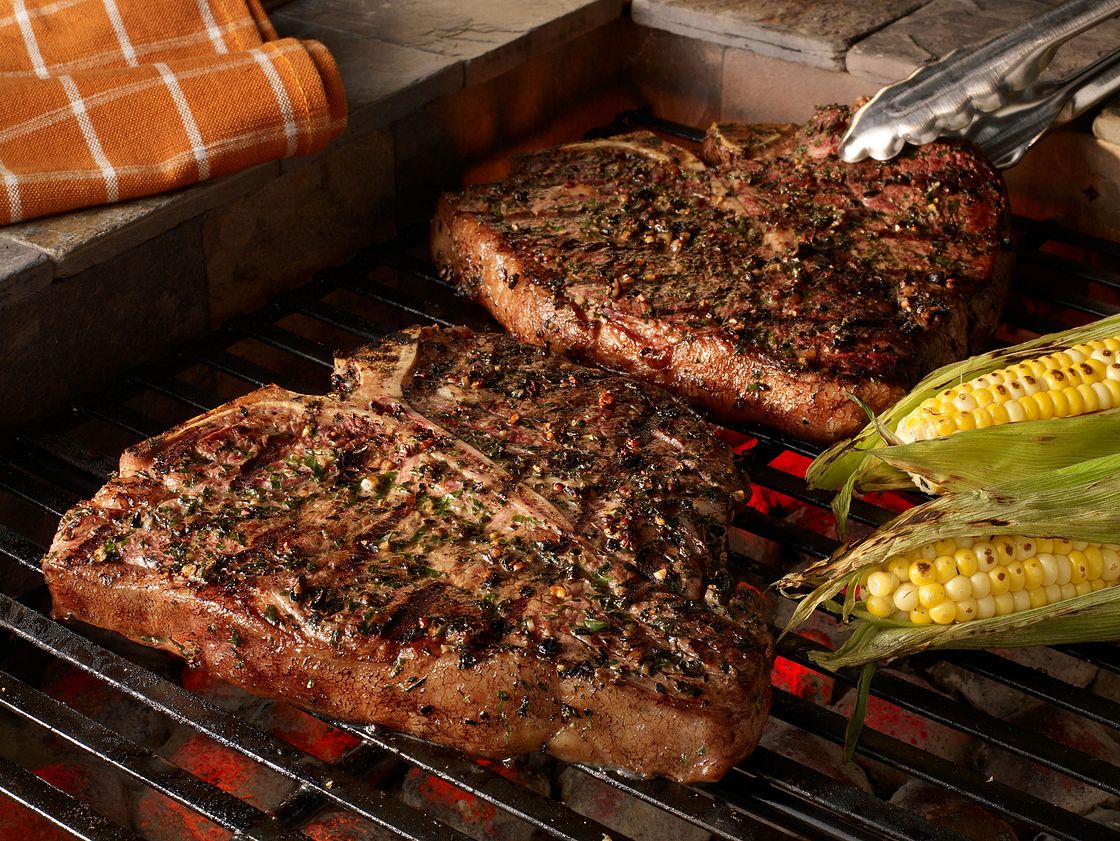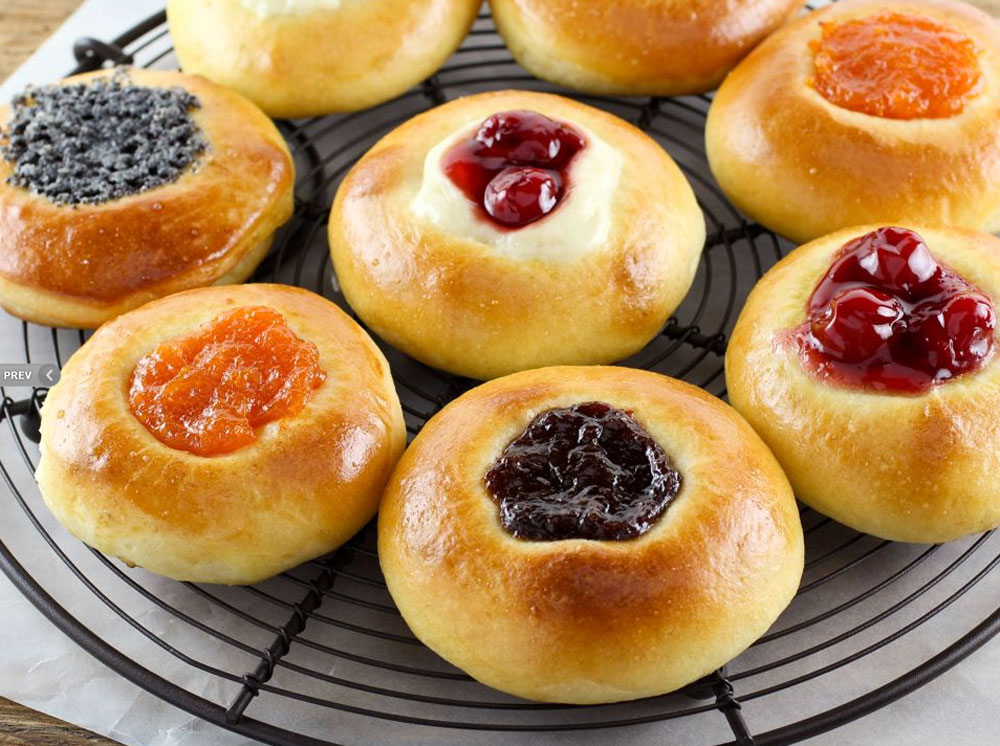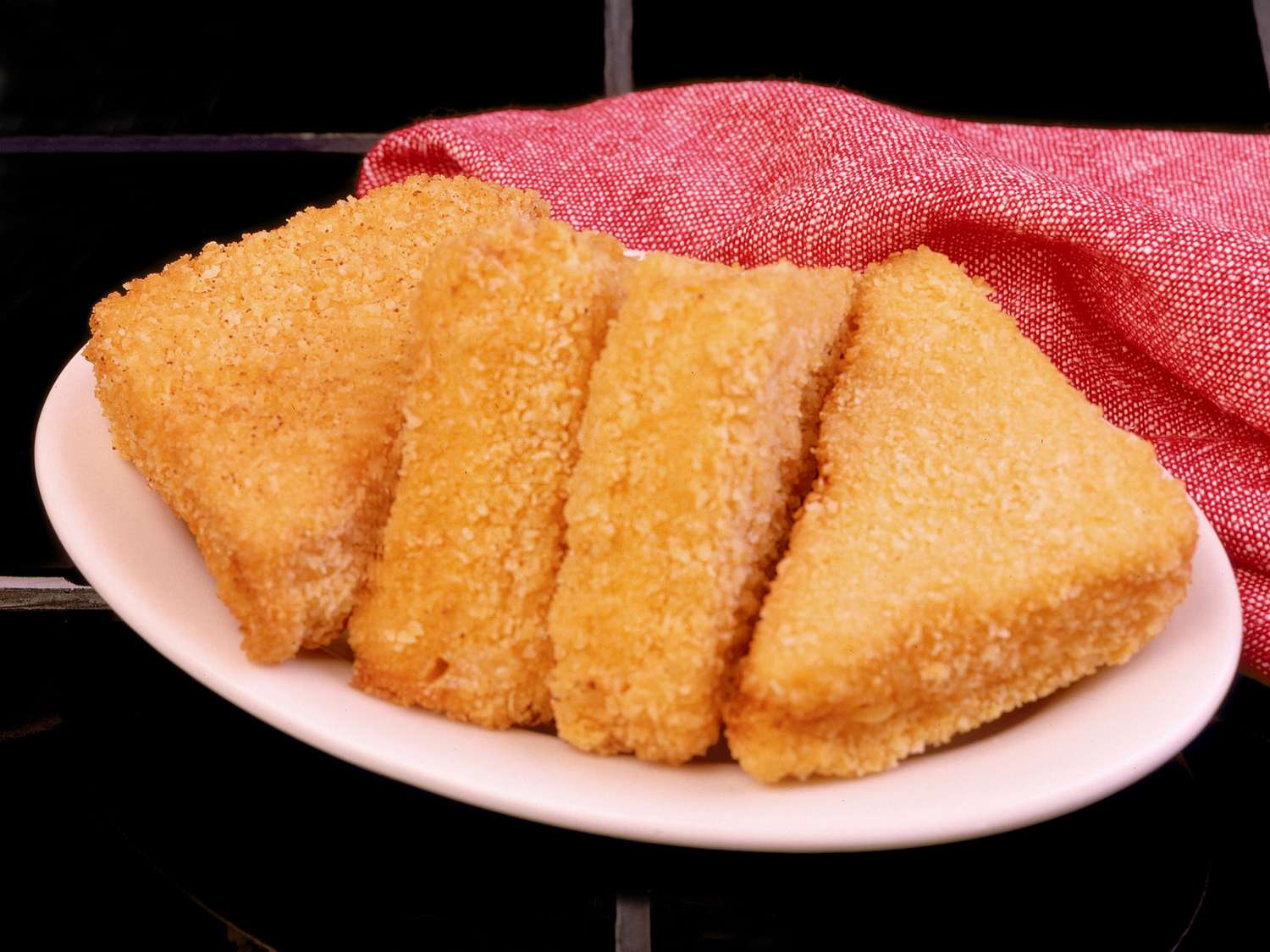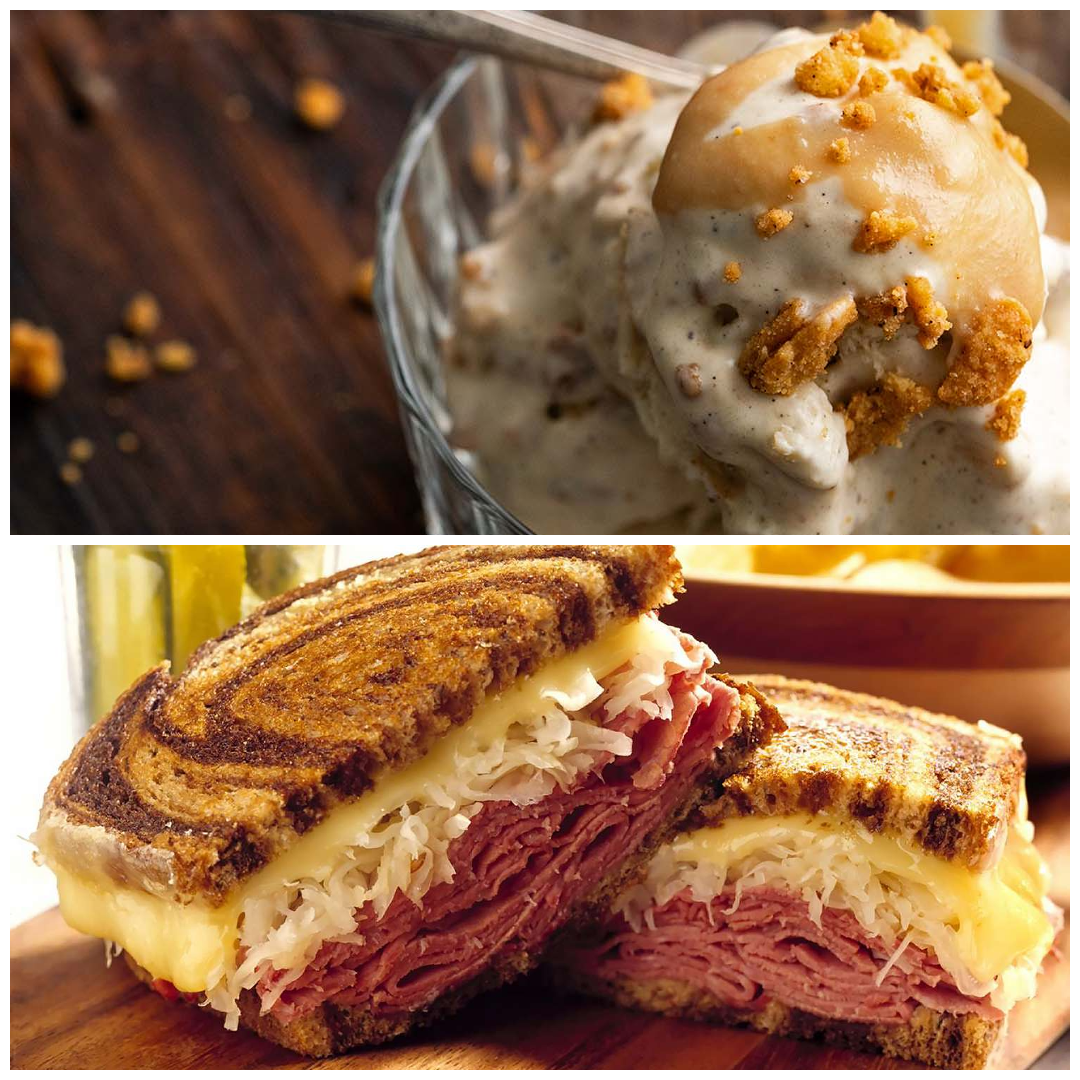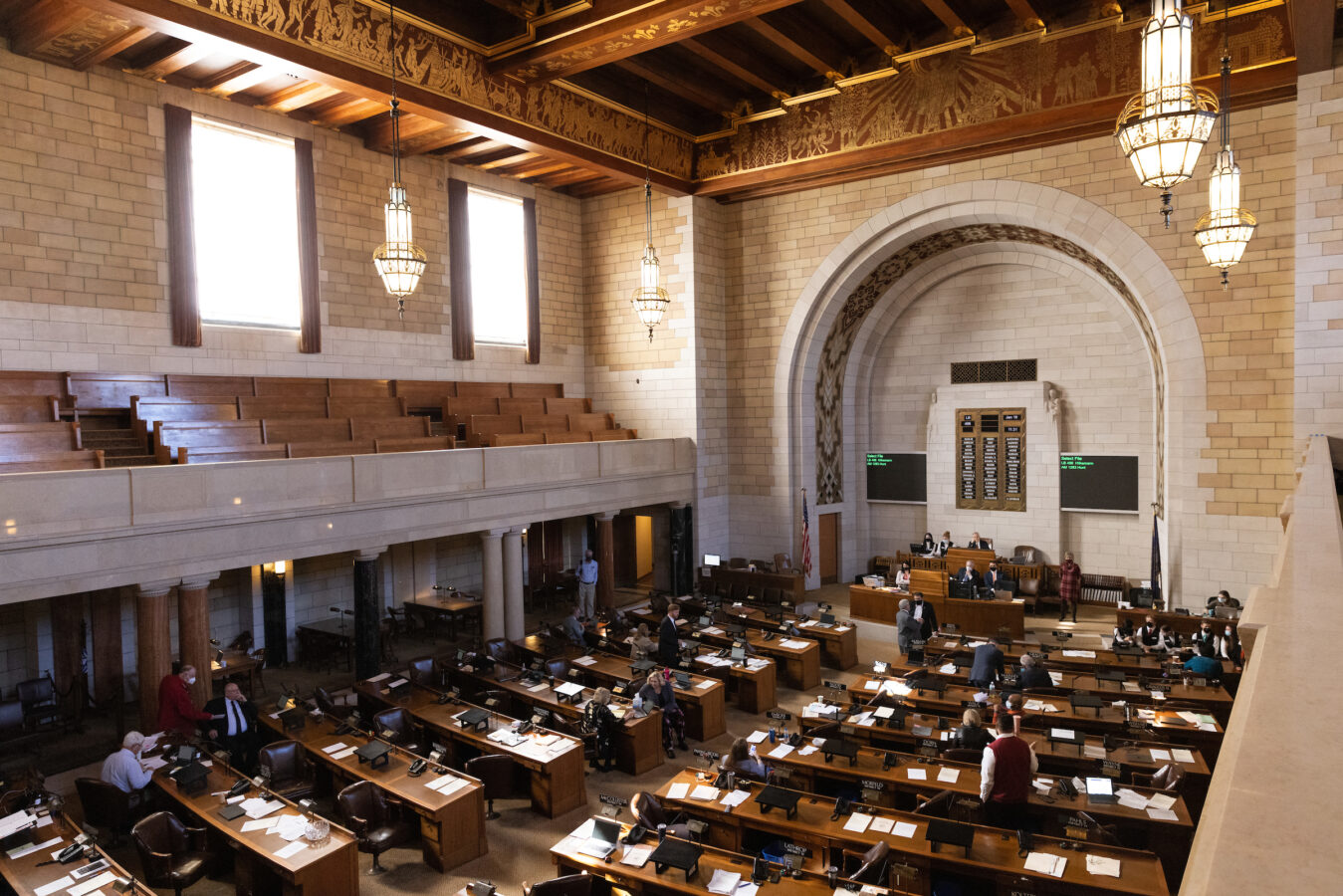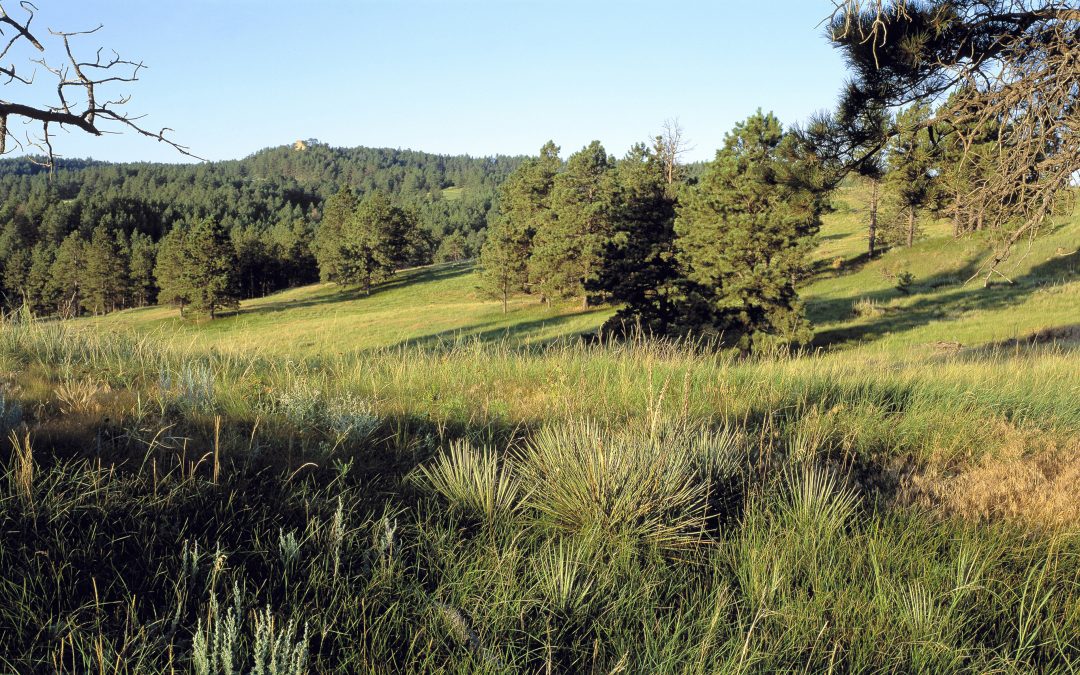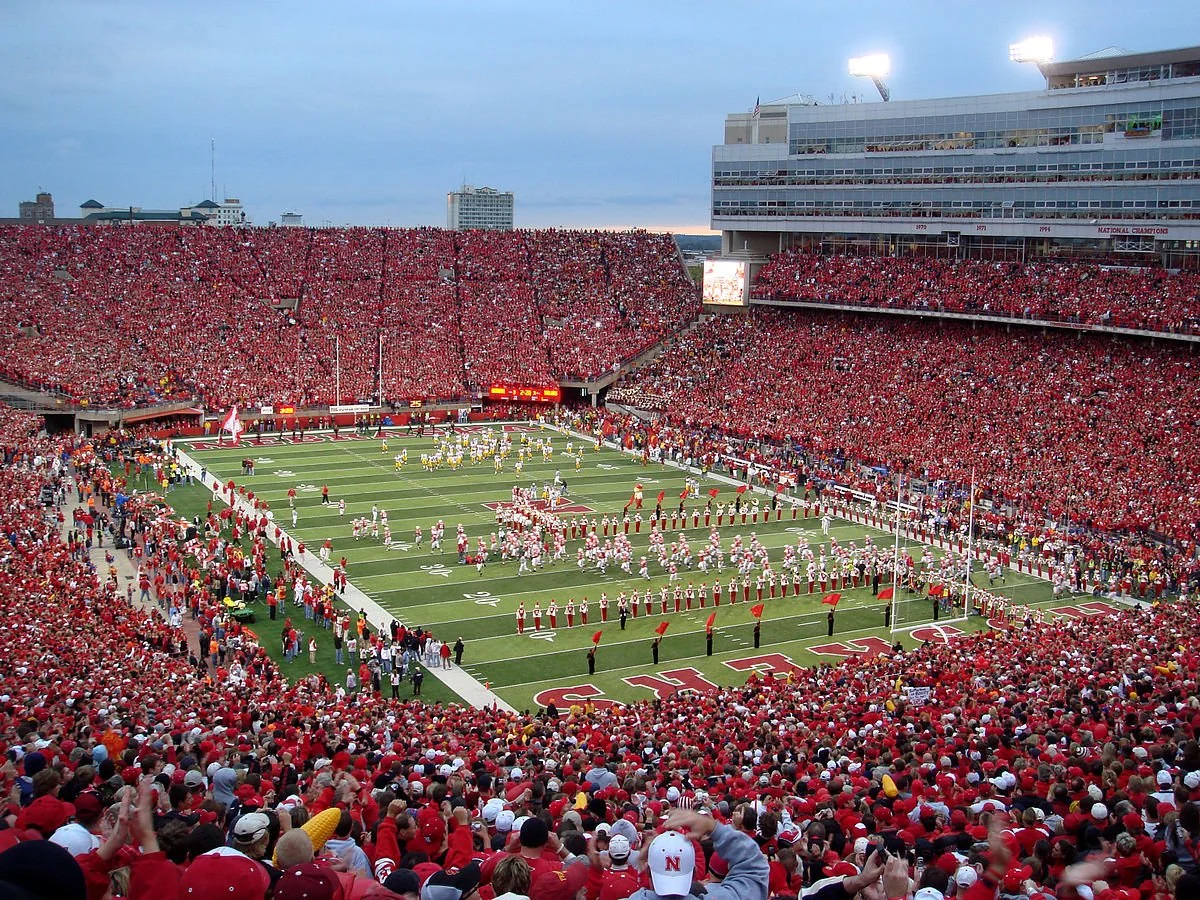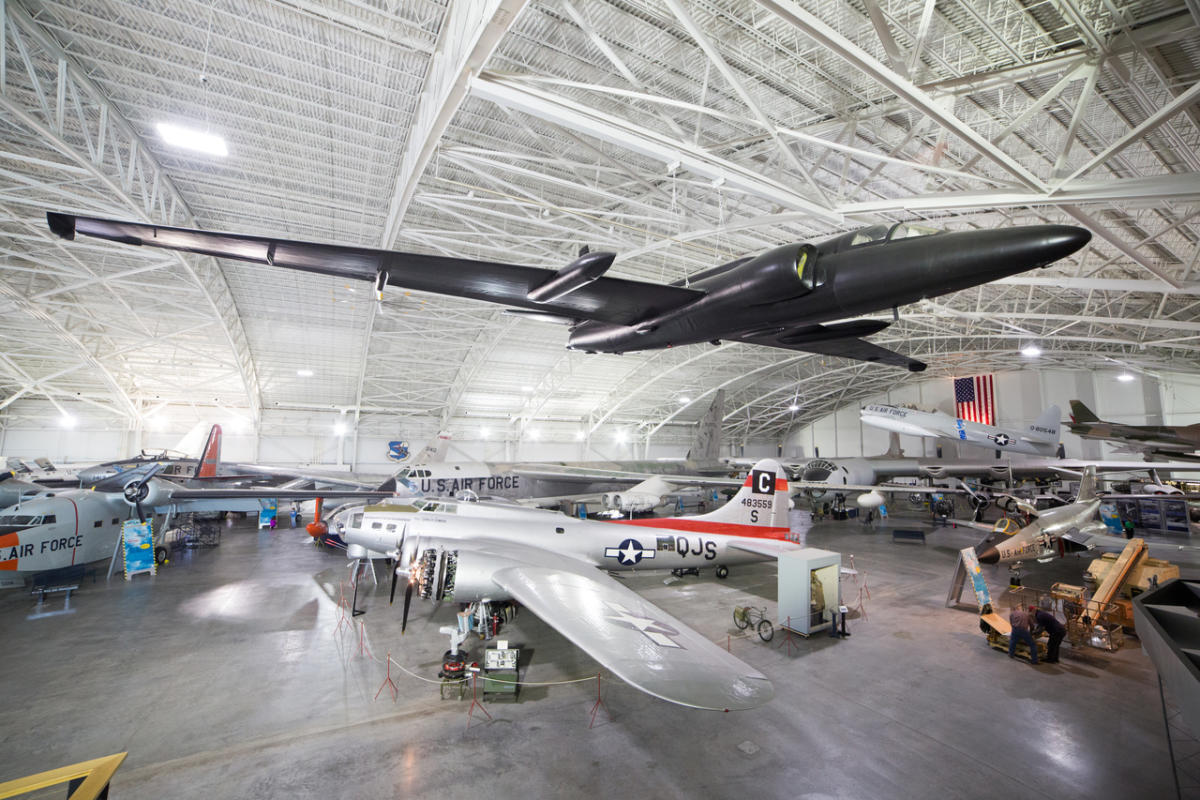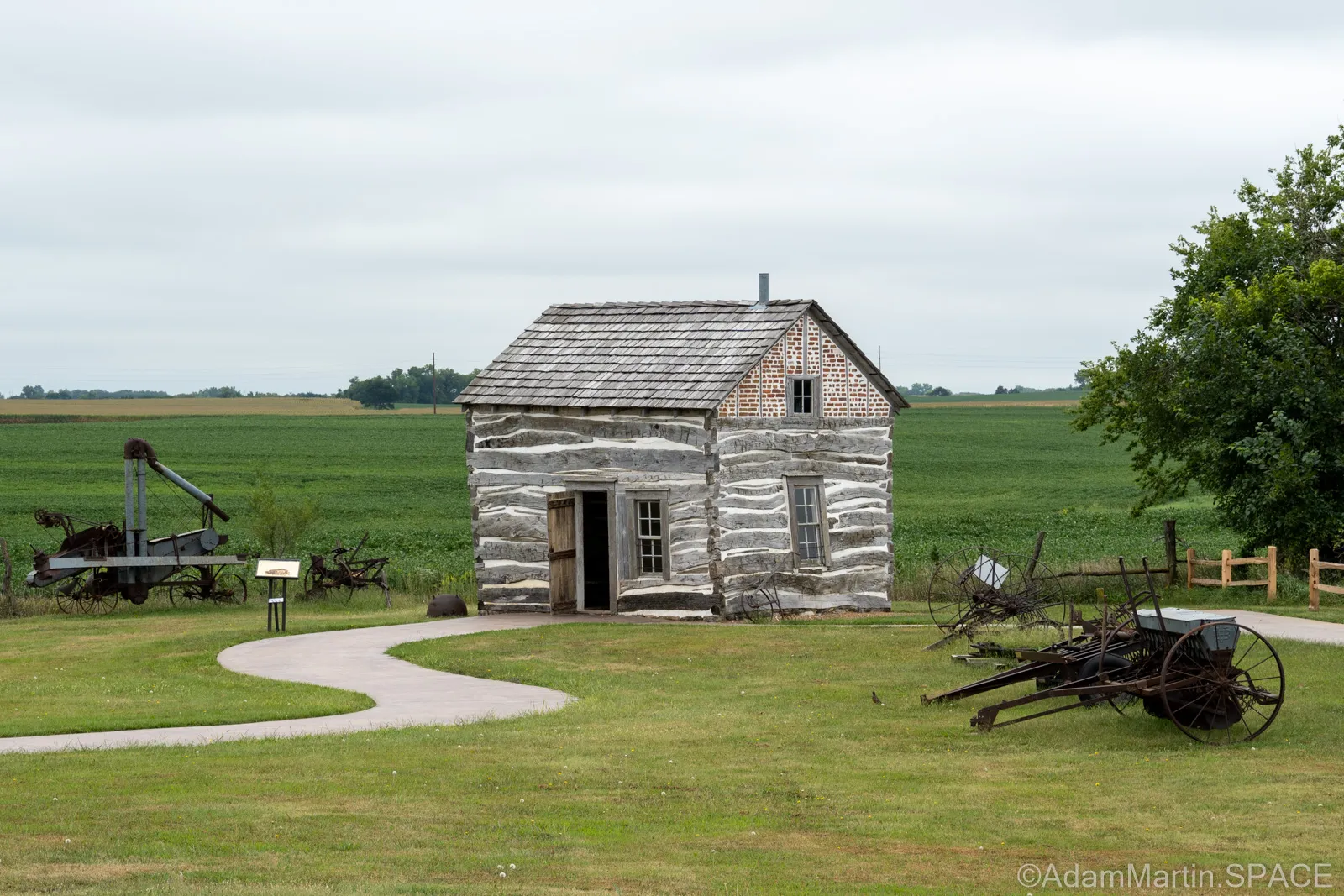What Is Nebraska Known For? Top 30 Things To See And Do
What is Nebraska known for? From pioneering history to incredible landscapes, discover what makes the Cornhusker State so unique.
Author:Maya ReyesReviewer:Finn WildeOct 28, 2024165 Shares164.5K Views
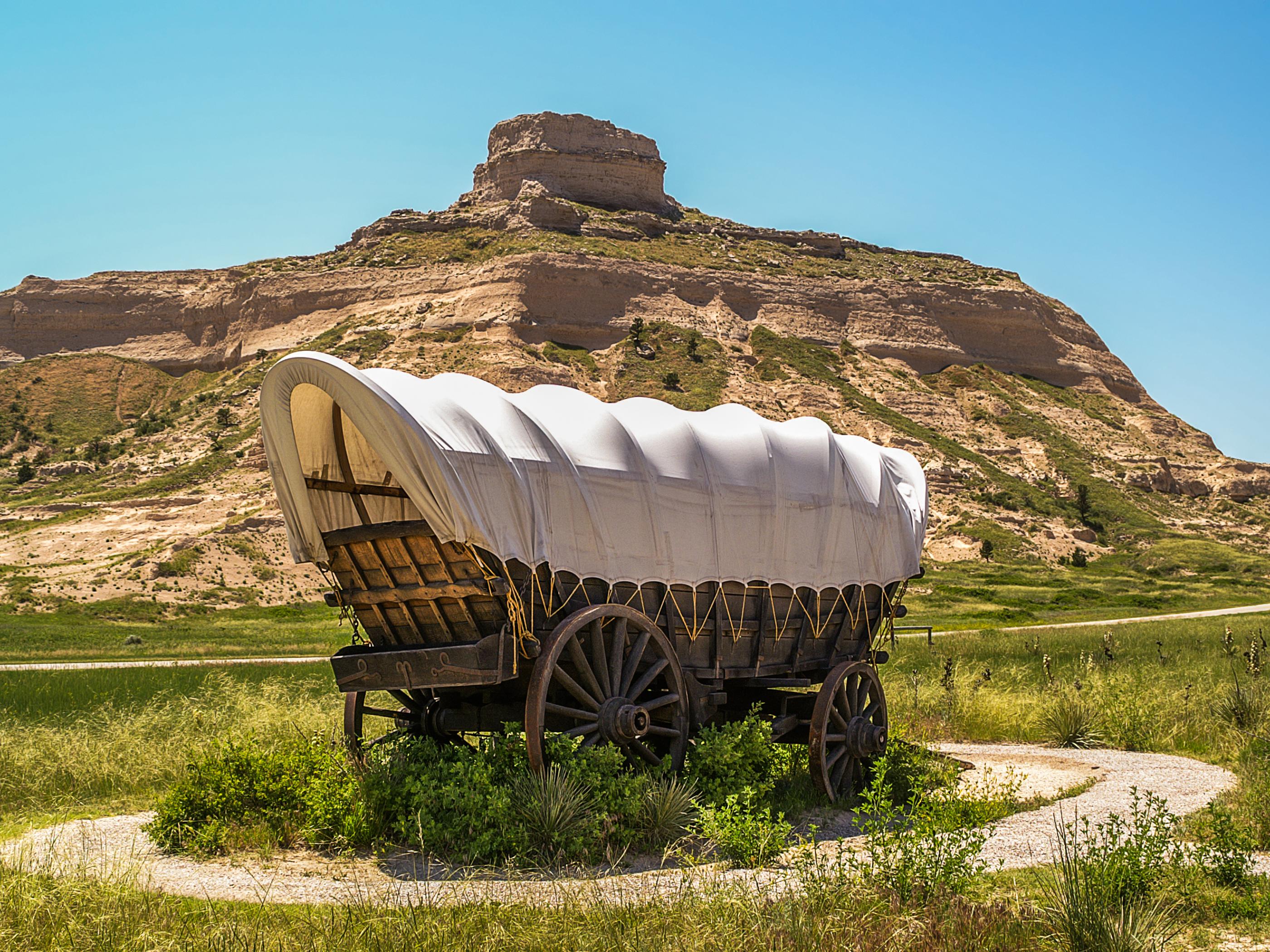
Nebraska might be best known for its agricultural roots and expansive landscapes, but there's much more to discover in the Cornhusker State.
Nestled in the heart of the Midwest, Nebraska is a place where vast prairies meet remarkable history, and where the legacy of pioneers and Native American tribes has shaped a rich cultural heritage.
The state is home to iconic attractions like Chimney Rock and the Henry Doorly Zoo, along with quirky landmarks like Carhenge and locally beloved dishes that bring visitors a taste of Nebraska’s unique flavor.
With an incredible variety of natural landmarks, celebrated events, and hidden gems, Nebraska invites those who are curious to explore its vast plains, savor its local foods, and experience the warmth of its communities.
Let’s delve into the many aspects that make Nebraska a fascinating place to visit and a cherished part of the American landscape.
1. Agricultural Excellence And The “Cornhusker State”
Nebraska’s identity is rooted in agriculture, and its nickname, “Cornhusker State,” reflects that legacy. As a leading producer of corn, beef, soybeans, and pork, Nebraska’s fertile soil and favorable climate make it one of the United States’ agricultural powerhouses.
Corn, in particular, holds a special place in Nebraskan life, with billions of bushels produced each year to support the economy and feed communities nationwide.
The University of Nebraska-Lincoln (UNL)further enhances this reputation through its agricultural research and innovations in sustainable farming.
Each year, Nebraska celebrates this heritage at the Nebraska State Fairin Grand Island, where locals and visitors alike enjoy livestock shows, crop competitions, and interactive exhibits.
Quick Highlights Of Nebraska’s Agricultural Identity:
- Corn and Beef Production: Top producer, supporting the U.S. food supply
- “Cornhusker” Nickname: Originated from hand-harvesting corn
- University of Nebraska: Known for research in sustainable agriculture
- Nebraska State Fair: Celebrates the state’s agricultural roots with events for all ages
2. The Great Plains And Nebraska Sandhills
Nebraska’s landscape is diverse, from the flat expanses of the Great Plainsto the rolling dunes of the Nebraska Sandhills. Covering over 19,000 square miles, the Sandhills form the largest sand dune region in the Western Hemisphere.
These dunes, covered in lush grasses, provide a striking and tranquil landscape that supports Nebraska’s ranching heritage.
For outdoor enthusiasts, the Sandhills offer opportunities for hiking, birdwatching, and stargazingunder some of the clearest skies in the U.S., making it a haven for those seeking an escape into nature.
3. The Platte River And Other Waterways
The Platte River—derived from the Otoe word “nebrathka,” meaning “flat water”—runs through the heart of Nebraska, joined by other prominent rivers like the Missouri, Loup, and Niobrara. These rivers create habitats for diverse wildlife and offer outdoor enthusiasts a range of activities.
Key Activities on Nebraska’s Rivers:
- Platte River: Popular for kayaking, birdwatching, and observing the Sandhill Crane migration
- Niobrara River: Ideal for fishing, canoeing, and scenic rafting trips
- Missouri River: Offers industrial and historical significance as well as recreational opportunities
4. Panorama Point
At 5,427 feet, Panorama Pointmarks Nebraska’s highest elevation. Located in the far southwestern part of the state, Panorama Point offers sweeping views of the plains, making it a popular stop for photographers and nature lovers alike.
Wildlife, including bison, is often spotted nearby, making it a rewarding stop for animal enthusiasts and adventurers alike.
5. Carhenge
A unique and quirky landmark, Carhengenear Alliance, Nebraska, is a fun take on the ancient Stonehenge in England. Created from vintage cars stacked in a similar circular formation, Carhenge is both a piece of art and a popular roadside attraction.
The site has become a favorite for social media enthusiasts seeking memorable travelphotos and has even been featured in Hollywood movies.
6. The Oregon, California, And Mormon Trails
Nebraska played a crucial role in America’s westward expansion as a vital passageway for pioneers journeying along the Oregon, California, and Mormon Trails. These routes marked the beginning of a long journey toward opportunity and a new life in the West.
Along these trails, travelers encountered challenges and landmarks, leaving behind a legacy of endurance and resilience.
Quick Fact: Pioneers often carved their names on rock formations as they traveled, leaving behind traces of their journeys.
7. Chimney Rock
One of the most iconic symbols of the westward expansion, Chimney Rockserved as a guiding landmark for pioneers crossing the plains. Rising approximately 300 feet above the surrounding landscape, it was a beacon for travelers following the Oregon Trail.
Today, Chimney Rock is a National Historic Siteand a must-see destination, preserving its historical significance and offering breathtaking views.
8. The Pony Express Trail And Archway Monument
Nebraska’s role in American history extends to its involvement with the Pony Express, a mail delivery system established to connect the East and West. The Great Platte River Road Archway Monumentin Kearney honors this historic route and the Pony Express, celebrating Nebraska’s part in early communication across the vast American landscape.
9. Native American Heritage
Nebraska’s history is deeply intertwined with its indigenous communities, particularly tribes like the Omaha, Ponca, and Winnebago. These tribes have left a lasting cultural impact on the state, and Nebraska honors this legacy with various museums and cultural centers.
Annual events and educational exhibits help preserve and share the rich history and contributions of these communities with residents and visitors.
10. Henry Doorly Zoo And Aquarium
Among Nebraska’s top attractionsis the Henry Doorly Zoo and Aquariumin Omaha, frequently ranked as one of the best zoos in the United States. Its Lied Jungle, the largest indoor rainforest in the country, and an extensive aquarium with unique exhibits make it a favorite for families and animal lovers.
Key Highlights Of Henry Doorly Zoo:
- Lied Jungle: Largest indoor rainforest in the U.S.
- Aquarium: Offers immersive aquatic exhibits
- Desert Dome: A unique desert ecosystem under a dome
11. Scotts Bluff National Monument
Located in western Nebraska, Scotts Bluff National Monumentis an impressive geological formation that rises over 800 feet above the North Platte River.
It served as a critical guidepost for pioneers on the Oregon Trail and offers scenic trails for visitors today. The bluff’s scenic views and interpretive exhibits make it a popular stop for both history buffs and nature enthusiasts.
12. Ashfall Fossil Beds
The Ashfall Fossil Bedsin Royal, Nebraska, preserve ancient fossils from a prehistoric era, offering an invaluable glimpse into Nebraska’s natural history. Buried in volcanic ash, the well-preserved skeletons of animals like rhinos and alligators reveal details about the area’s past as a subtropical landscape.
Today, visitors can view these fossils in the museum, where scientists continue to study and unearth new discoveries.
13. Morrill Hall’s Mammoth Fossil “Archie”
In Lincoln, Nebraska, Morrill Hallat the University of Nebraska is home to Archie, the world’s largest Columbian mammoth fossil. This impressive 14-foot-tall skeleton has fascinated visitors since its discovery by a Nebraska farmer in 1921.
Morrill Hall, also known as “Elephant Hall,” features other fossils and exhibits that showcase Nebraska’s rich paleontological history, making it a must-visit for science and history enthusiasts.
14. Omaha’s Old Market District
For a taste of historic charm mixed with modern culture, Omaha’s Old Market Districtis an exciting destination. This vibrant area offers historic buildings, art galleries, and unique local boutiques.
In addition to shopping, visitors can enjoy an eclectic mix of cafes, restaurants, and nightlife venues. The Old Market’s cobblestone streets and artsy vibe make it an ideal spot for a leisurely stroll and a great place to experience Omaha’s lively arts scene.
Key Activities In Old Market District:
- Boutique Shopping: Find unique, locally crafted goods
- Art Galleries: Discover works by local and national artists
- Dining: Experience Omaha’s food culture, from coffee shops to fine dining
15. The College World Series
Omaha has been the proud host of the College World Seriessince 1950, attracting baseball fans from across the nation each summer. This tournament, which crowns the best college baseball team in the country, brings an energetic crowd to the city and transforms Omaha into a hub of sports excitement.
For sports lovers, attending the College World Series is a fantastic way to experience the passion and community spirit that define Nebraskan culture.
16. Nebraska State Fair
The Nebraska State Fairis a time-honored tradition that takes place each year in Grand Island, celebrating the state’s agricultural heritage and community spirit. The fair features livestock shows, crop competitions, live music, carnival rides, and delicious fair foods.
From educational exhibits to fun family activities, the Nebraska State Fair is an experience that brings people of all ages together to enjoy the best of Nebraska’s farming and cultural traditions.
17. Arbor Day
Nebraska is the birthplace of Arbor Day, a national holiday dedicated to planting and caring for trees.
Established by J. Sterling Morton in 1872, Arbor Day began as an effort to bring greenery to Nebraska’s open plains, and it is now celebrated annually across the United States.
Nebraska City, where the holiday originated, hosts Arbor Day events that promote environmental stewardship and honor the legacy of this important day.
Quick Facts About Arbor Day:
- Origin: Nebraska City, 1872
- Founder: J. Sterling Morton
- Celebration: First Friday in April, nationwide
18. The Nebraska Star Party, Kool-Aid Days, And Old West Balloon Fest
Nebraska’s diverse festivals offer unique glimpses into the state’s culture and community pride.
Nebraska Star Party
Held annually at Merritt Reservoir, this festival is ideal for stargazers thanks to Nebraska’s clear, dark skies, offering breathtaking views of constellations and celestial events.
Kool-Aid Days
Celebrated in Hastings, this fun-filled festival honors Kool-Aid, the iconic drink invented by Edwin Perkins in 1927. Visitors enjoy games, parades, and plenty of Kool-Aid!
Old West Balloon Fest
This event in Mitchell features colorful hot air balloons filling the skies, drawing visitors from all over to experience the beauty of western Nebraska.
19. Runza
A Nebraskan culinary staple, the Runzasandwich is a unique bread pocket filled with seasoned ground beef and cabbage. Originating in Lincoln in 1949, Runza has become a beloved local food with fans across the state.
You’ll often find Runzas served at University of Nebraska football games, making it a must-try item for visitors looking to experience authentic Nebraskan flavors.
20. Nebraskan Steak
Nebraska’s reputation as a top beef producer means the state takes its steaks seriously. Dining spots like Misty’s Steakhouse in Lincoln are known for their expertly seasoned and grilled steaks, showcasing the high-quality beef Nebraska is famous for.
For meat lovers, trying a Nebraska steak is an essential part of the state’s culinary experience.
21. Kolaches
Kolaches, sweet pastries brought to Nebraska by Czech immigrants, are a popular treat across the state. Verdigre, known as the “Kolache Capital of the World,” hosts Kolache Dayseach year, celebrating Czech heritage and serving up hundreds of these delicious pastries filled with fruits or cream cheese. Kolaches are both a tasty treat and a symbol of Nebraska’s multicultural heritage.
22. Cheese Frenchees
A nostalgic favorite in Nebraska, Cheese Frencheesare deep-fried, bite-sized grilled cheese sandwiches typically served with tomato soup.
Originally popular at state fairs and local diners, Cheese Frenchees have become a Nebraskan comfort food that’s loved by locals and visitors alike.
23. Reuben Sandwich And Butter Brickle Ice Cream
Omaha is credited as the birthplace of two American culinary classics: the Reuben Sandwichand Butter Brickle Ice Cream.
The Reuben, a sandwich made with corned beef, Swiss cheese, sauerkraut, and Thousand Island dressing, was created in Omaha in the 1920s and has since become a staple across the country. Butter Brickle Ice Cream, featuring bits of crunchy toffee, is another Omaha original and a delicious way to cool off on a summer day.
24. Unicameral Legislature
Nebraska stands out as the only U.S. state with a unicameral legislature, meaning it has a single-house legislative system. This unique structure, adopted in 1937, reflects Nebraska’s commitment to simplicity and transparency in government. The unicameral system is still a point of pride in Nebraska, setting it apart from all other states.
25. Largest Hand-Planted Forest
The Bessey Ranger Districtin the Nebraska National Forest is the largest hand-planted forest in the world, covering more than 90,000 acres. Located near Halsey, this forest was established in the early 1900s and continues to draw visitors for its scenic beauty and hiking trails.
26. Warren Buffett
Omaha is the hometown of Warren Buffett, one of the world’s most famous investors and philanthropists. Known as the “Oracle of Omaha,” Buffett has maintained strong roots in Nebraska, residing in the same modest home he purchased in the 1950s.
His success and down-to-earth lifestyle have made him a celebrated figure both in Nebraska and worldwide.
27. Kool-Aid Invention
Kool-Aid, the popular powdered drink, was invented by Edwin Perkins in Hastings, Nebraska, in 1927. Originally called Kool-Ade, this sweet, fruity drink became a household staple, especially during the Great Depression due to its affordability. Hastings celebrates Kool-Aid’s Nebraskan roots with Kool-Aid Dayseach year.
28. Memorial Stadium “Third-Largest City”
During University of Nebraska football games, Memorial Stadiumin Lincoln becomes the third-largest “city” in Nebraska, with crowds of up to 90,000 fans. This phenomenon illustrates Nebraska’s dedication to college football and the strong community spirit that surrounds Cornhuskers games.
29. Strategic Air Command And Aerospace Museum
Located in Ashland, the Strategic Air Command (SAC) and Aerospace Museumis a unique destination dedicated to preserving military aviation history, especially from the Cold War era.
Covering over 300,000 square feet, the museum houses restored aircraft, spacecraft, and missiles, along with interactive exhibits that educate visitors on aerospace technology. It’s a must-visit for aviation enthusiasts and history buffs interested in Nebraska’s role in military history.
30. Homestead National Historical Park
Located near Beatrice, Homestead National Historical Parkcommemorates the impact of the Homestead Act of 1862, a pivotal piece of legislation that opened millions of acres of land to settlers.
The park preserves one of the first plots claimed under the Act and includes a heritage center, restored tallgrass prairie, and historic cabins. Visitors can explore interactive exhibits and learn about the lives of early homesteaders, making it a meaningful destination for those interested in America’s pioneering spirit and Nebraska’s role in westward expansion.
FAQs About What Nebraska Is Known For
What Is Nebraska Most Famous For?
Nebraska is most famous for its agricultural contributions, particularly in corn and beef production, and for its "Cornhusker State" nickname. It’s also known for iconic landmarks like Chimney Rock, the Sandhills, and quirky sites such as Carhenge. Additionally, Omaha’s Henry Doorly Zoo and events like the College World Series bring national attention to the state.
What Foods Is Nebraska Known For?
Nebraska is known for several iconic dishes, including the Runza sandwich, the Reuben sandwich, and Nebraska steak. Unique regional treats like kolaches, cheese frenchees, and butter brickle ice cream are also popular, reflecting the state’s cultural influences and culinary creativity.
Why Is Nebraska Called The Cornhusker State?
Nebraska earned the nickname “Cornhusker State” due to its significant role in corn production. The term "Cornhusker" originated from the practice of harvesting corn by hand, a labor-intensive method used before modern machinery. The University of Nebraska’s athletic teams adopted the name, further popularizing it.
Is There A Unique Legislative System In Nebraska?
Yes, Nebraska is the only state in the U.S. with a unicameral (single-house) legislature, setting it apart from all other states with bicameral (two-house) systems. This unique structure is designed to streamline government and promote transparency.
What Is The Best Time To Visit Nebraska?
The best time to visit Nebraska depends on your interests. Spring and fall offer mild weather and are ideal for outdoor activities like hiking and wildlife observation, including the Sandhill Crane migration. Summer is great for festivals, events, and exploring state parks, while winter offers cozy indoor attractions like museums and historic sites.
What Are Some Famous Festivals In Nebraska?
Nebraska hosts a range of unique festivals, including the College World Series, Kool-Aid Days in Hastings, and the Nebraska State Fair. The Old West Balloon Fest and Nebraska Star Party also attract visitors with their colorful displays and unique experiences, highlighting the state’s community spirit and cultural pride.
Conclusion
Nebraska’s charm lies in its ability to balance the simplicity of its prairies with the richness of its history and the warmth of its communities. From its critical role in American agriculture to its quirky landmarks and beloved local dishes, Nebraska embodies the spirit of the Midwest—a blend of resilience, tradition, and natural beauty.
From the towering Chimney Rock to the bustling Omaha’s Old Market, every part of the Cornhusker State invites visitors to uncover its many treasures.
For those who embrace the adventure of discovery, Nebraska is a place where unforgettable memories are made, one landmark, festival, and taste at a time.
Jump to
1. Agricultural Excellence And The “Cornhusker State”
2. The Great Plains And Nebraska Sandhills
3. The Platte River And Other Waterways
4. Panorama Point
5. Carhenge
6. The Oregon, California, And Mormon Trails
7. Chimney Rock
8. The Pony Express Trail And Archway Monument
9. Native American Heritage
10. Henry Doorly Zoo And Aquarium
11. Scotts Bluff National Monument
12. Ashfall Fossil Beds
13. Morrill Hall’s Mammoth Fossil “Archie”
14. Omaha’s Old Market District
15. The College World Series
16. Nebraska State Fair
17. Arbor Day
18. The Nebraska Star Party, Kool-Aid Days, And Old West Balloon Fest
19. Runza
20. Nebraskan Steak
21. Kolaches
22. Cheese Frenchees
23. Reuben Sandwich And Butter Brickle Ice Cream
24. Unicameral Legislature
25. Largest Hand-Planted Forest
26. Warren Buffett
27. Kool-Aid Invention
28. Memorial Stadium “Third-Largest City”
29. Strategic Air Command And Aerospace Museum
30. Homestead National Historical Park
FAQs About What Nebraska Is Known For
Conclusion

Maya Reyes
Author
Maya Reyes’s wanderlust was sparked in the temples of Luang Prabang, where the scent of lemongrass and the chants of monks revealed the transformative power of travel.
Since then, her journey has been defined by cultural immersion and authentic connections. From learning batik in Indonesia to sharing meals with nomadic families in Mongolia, Maya seeks experiences that highlight the human stories behind each destination.
Travel for her is a way to weave her narrative into the world’s cultural tapestry, creating bridges across diverse ways of life. Maya has traveled to 15 countries and shares her insights through writing and storytelling.

Finn Wilde
Reviewer
For Finn Wilde, the wilderness is more than just a destination - it’s a way of life. Over the past decade, he has led multiple expeditions in some of the world’s most remote regions, from the icy fjords of Greenland to the rugged trails of Patagonia.
Finn emphasizes sustainability in all of his adventures, helping participants connect with nature while promoting responsible exploration. His expeditions inspire individuals to explore the great outdoors while fostering a deep respect for the environment.
Latest Articles
Popular Articles
